“A beginning is the time for taking the most delicate care that the balances are correct.”
—Frank Herbert, Dune
“You never get a second chance to make a first impression.”
—Will Rogers
“The best way to learn endings, as well as openings, is from the games of the masters.”
—Jose Raul Capablanca
“The beginning is the most important part of any work, especially in the case of a young and tender thing; for that is the time at which the character is being formed and the desired impression is more readily taken.
Shall we carelessly allow children to hear any casual tales which may be devised by casual persons? We cannot.
Then the first thing will be to establish a censorship of the writers of fiction, and let the censors receive any tale of fiction which is good, and reject the bad; and we will desire mothers and nurses to tell their children the authorized ones only. Let them fashion the mind with such tales, even more fondly than they mold the body with their hands; but most of those which are now in use must be discarded.”
—Plato, The Republic
Everyone is distracted.
Technology has killed attention spans. Many of the world’s smartest scientists, psychologists, and software designers are competing to maximize “engagement”, a.k.a. pathological addiction to their digital business model. Billions of dollars are invested each year in the pursuit of optimizing aggregate usage of their sleek, enticing products. And that money is delivering excellent return on investment (ROI).
Media consumption expands at a frenetic pace.
Click-click-click-scroll.
Dopamine must flow from the gamified Arrakis!
Frightened, decaying Legacy media personalities complain that we live in an impulsive, enraged age of trashy, frivolous soundbites. Bitterly they lament the stupidity of the decentralized mass audience. This is a half-truth; an oversimplification of the Attention Economy — our contemporary media ecosystem.
Media consumption is stratified by age, gender, income, race, intelligence, temperament. Fragmentation leads to narrow, intense fanbases.
Definitely, there is an excess of morons.
But long-form content has not disappeared.
Joe Rogan signed a $200 million contract with Spotify to distribute his rambling, obsessive podcasts which often last for three hours per guest. George R. R. Martin became famous for writing ponderous fantasy novels with close to a thousand named characters, and his series remains unfinished at three times the length of War and Peace. Fans will still binge a Netflix television show for eight hours on a Friday night.
Riveting storylines remain relevant, even today.
What’s changed is the margin of error.
Your window of opportunity to establish a first impression has become as brief as a Tinder swipe.
Readers and moviegoers must be captured immediately, or they will flip to another option. Distractions besiege the audience, advertisements crowd out meaningful content, and in response, the audience has accelerated their rejection process.
Boring movies are lucky to last two minutes before they are abandoned.
Novels must prove themselves, must build trust (by demonstrating some kind of insight) within the first 2-3 paragraphs.
The pressure is significant.
Probably that seems cruel… stressful… unfair.
One result of this unforgiving ecosystem is that authors feel stressed and start anxiously, neurotically puzzling over the first page of their novel.
So I wrote this article to demystify that process, ease the stress of trying to be a trendsetting genius, and explain the mechanics involved with beginning a story.
Trust is what matters, and fans are trying to avoid wasting their time.
Theoretically, when you write a book, your manuscript is competing against everything that has ever been written in the history of mankind, plus all of the other movies, sports, and social media which are available to your reader. So (in theory) your story needs to be more interesting than Twitter, more exciting than sports, more beautiful than photography, more brilliant than Dostoevsky… Shakespeare… Cervantes.
This is obviously an impossible standard to live up to, especially for a new writer who is still developing and learning how to tell a fun story. But in moments of neurotic anxiety, self-doubt, and existential despair, I realize that writers torment themselves with some amorphous version of this viewpoint.
A good story simply needs to be (perceived as) the best available option.
In other words, demonstrate value at the start of the story, and readers will pay attention. Arranging circumstances so that your story is perceived as the best available option is reliant upon marketing, distribution, and the mercurial mood of the audience. Their emotional mood is downstream of their habitual lifestyle.
During the research for this piece, I realized that the skillset involved in writing the first sentence of a story is different from the skillset needed to write the first scene.
I sifted through something like 600 first scenes in search of consistent patterns, and many of the best examples are included below to demonstrate technique.
The opening sentence is designed as a Hook, to capture attention. This function is simple, narrow, and optimized to maximal efficiency. Not a single word is wasted.
The opening scene is designed as a more complex, multifaceted Engine, which should: 1.) Capture attention 2.) Introduce characters, world, and dramatic conflict 3.) Launch towards the main plot 4.) End on a moment of resolution, an Act Break.
When opening scenes end on an Act Break that provides some kind of meaningful resolution, intriguing mystery, incisive aphorism, unsettling foreshadowing, or breathtaking cliffhanger, this builds TRUST between the author and the audience. Fans start to relax, forget reality, and be immersed in the narrative, slipping into suspension of disbelief — entering the illusion of the storyworld.
There is an unspoken contract represented by any novel, film, or television series — and when an author provides a technically competent first scene which can satisfy all of these simultaneous, abstract obligations, then fans start to think, “Okay, I can relax and enjoy this, because the artist who created this illusion has invested himself into this project. If I agree to immerse myself in this narrative, I will receive a vicarious experience of imagining myself in a fictional world which never existed, through the perspective of a fictional ensemble of characters who never lived. And that vicarious immersion into the narrative illusion will take me on a thrilling, outlandish, spiritually-rewarding journey which culminates in some kind of practical wisdom which has the potential to improve my future in the real world.”
That’s the function of stories.
Established authors are held to a much, much lower standard than unproven debut novelists, because trust already exists. Someone like John Grisham, Stephen King, or David Baldacci is perceived as a proven winner who will produce consistently satisfying stories.
Devoted fans will suffer through twenty, fifty, ninety pages of nothing happening in a John Grisham book, based on enjoyment of his previous novels. Even if his next book was terrible, fans will keep buying his stories.
New authors are not given the same leeway, because they haven’t earned the same level of trust.
First sentences are expected to be more polished, efficient than first scenes. Opening scenes can be meandering and inefficient, because the debut scene needs to satisfy so many different obligations.
Sometimes a story wanders around, and the author misdirects the audience, but the beginning of the story will rapidly settle into one of three focal points, which provide the entry vectors to the narrative:
1.) Characters
2.) Place/Setting
3.) Themes/Beliefs/Author’s Worldview (this is not immediately obvious, but stories are simulated illusions which mimic reality on some level. They are imperfect maps which must choose which parts of life to focus on, and which parts of life to ignore. This process of curation, emphasis, and expression requires aesthetic principles. So, at the outset of this simulation, the author signals to the audience the RULES which govern the narrative, answering the unspoken question: “What kind of story will this be?” For example, Jane Austen writes at the beginning of Pride and Prejudice “It is a truth universally acknowledged, that a single man in possession of a good fortune, must be in want of a wife.” This statement communicates the novel’s essence, which is the delightful interplay of power dynamics involving youth, sex, social class, and wealth.)
So, dramatic momentum has gained substantial inertia by the time the audience understands Who, Where, and Why.
Person, place, and motive.
In order to reach this shared understanding, which happens at near-instantaneous speed, my contention is that there are nine methods which can be used to write an opening sentence. They are:
1] Clean: Functional, terse, simple.
Provides a smooth introduction, very easy to digest. This method is efficient, reliable, and lacks showmanship — but it usually works. A safe option.
2] Imagery and beautiful color, establish the mise-en-scene.
Delivers a cinematic “establishing shot”. Aspires towards beauty.
3] Incongruity, mystery. Introduce some kind of contradiction.
Myths were invented by tribes to explain the world. The human brain instinctively seeks knowledge to construct accurate predictions. In a chaotic, dangerous world, humans survive by acquiring practical wisdom.
This wisdom is applied to invent Tools, Tribes, and Tactics customized to overcome impending dangers.
Pattern recognition and curiosity are fundamental compulsions. A clever storyteller can present incongruity, which is when two separate data points seem to challenge each other. Mysteries become fascinating when they seem to hint at distant, larger conspiracies exemplified by clues that occur on a much smaller scale.
4] Urgency: Danger or Desire. Begin with fast action, a problem, or desire.
This is a superb way to open a story, immediately delving into a dramatic, kinetic scene. Rapidly the hostile environment, and related spiritual conflict, seduces the audience.
But the two downsides are: Often this method becomes cringe or melodramatic, there are hundreds of stories that begin by announcing something about a major character dying. Secondly, a mixture of creativity, pristine choreography, and detailed planning should be required.
Basically it’s cool, fun, and effective — but these scenes involve an irritating amount of effort.
5] Some kind of clever wordplay or a joke.
Just a nice icebreaker, which communicates the narrative’s ambient style, and the main character’s voice.
6] Provoke audience, immediately violate decorum and say something rude or lurid, sensational.
Provoking the audience is a misunderstood technique, to the extent I would say it’s a deceptive technique.
You can begin a story by insulting the agents, editors, or audience who will be required to evaluate your work. Obviously, that kind of adversarial approach will likely backfire, because people don’t appreciate being disrespected. The default reader is bored and expects to reject any given submission — if you provoke the professional reader, now they are no longer bored, but their subsequent rage or enmity is much worse than indifference.
If you examine the examples included below, they mostly fall into 2 categories: either the narrator delivers some kind of self-deprecating taboo designed to signal vulnerability which elicits sympathy… or Leftists are performing a pledge of allegiance to the dominant civic religion, which they disguise as a stunning, brave rebellion “speaking truth to power”.
This sort of safe, phony rebellion is designed to hit differently with the in-group (who will recognize an encrypted shibboleth broadcasting tribal loyalty) versus the out-group (who interpret the ideological signal as a colorful narrative device).
Nepotism is real, favoritism is real, and the truth is that a professional editor can help coach a new writer and polish an inadequate submission into something lovely after three drafts. Editors don’t have enough time to polish every submission that seems like it may or may not have potential… but they will make an exception for ideological allies.
This trend of course leads to a self-reinforcing positive feedback loop, where resentful ideology is prioritized at the expense of artistic beauty, truth, and excellence.
7] Offer a philosophical statement and worldview.
Aphorisms are marvelous to immediately grab attention, say something meaningful, and communicate one of the core rules of the narrative simulation.
8] Begin by delivering the ending, telling what the story will be, then jump backwards. — most commonly used for tragedies, to brace the audience, so they don’t feel cheated or heartbroken or betrayed by a downbeat ending.
Nobody wants to read a novel for 300 pages, fall in love with the main character, and then watch the hero’s life ruined during the final chapter.
Dune is an excellent example, which in Shakespearean tradition followed the tragic downfall of a charismatic hero. Tragedies are supposed to make the audience cry — up to a point. But it’s easy for pessimism or injustice to become excessive inside the narrative simulation, which alienates the real-world audience.
9] Voice, Idiosyncratic statement with strange embellishments. Immediately establishes character and attempts to build rapport with the audience.
Something normal is presented from a very abnormal perspective, in order to establish the idiosyncratic character of the main hero.
Examples of these various techniques are listed below. Sometimes they overlap; it’s possible to start a story with two or three techniques layered together.
1] Clean: Functional, terse, simple.
1.)
“A screaming comes across the sky.”
—Thomas Pynchon, Gravity’s Rainbow
2.)
“I am an invisible man.”
—Ralph Ellison, Invisible Man
3.)
“Where now? Who now? When now?”
—Samuel Beckett, The Unnamable
4.)
“Carson opened his eyes, and found himself looking upwards into a flickering blue dimness.”
—Frederick Brown, Arena
5.)
“Mrs. Dalloway said she would buy the flowers herself.”
—Virginia Woolf, Mrs. Dalloway
6.)
“Elmer Gantry was drunk.”
—Sinclair Lewis, Elmer Gantry
7.)
“It was a pleasure to burn.”
—Ray Bradbury, Fahrenheit 451
8.)
“The crossworlds had a thousand names.”
—George R. R. Martin, The Stone City
9.)
“I write this sitting in the kitchen sink.”
—Dodie Smith, I Capture the Castle
10.)
“They’re out there.”
—Ken Kesey, One Flew Over the Cuckoo’s Nest
11.)
“All this happened, more or less.”
—Kurt Vonnegut, Slaughterhouse-Five
12.)
“For a long time, I went to bed early.”
—Marcel Proust, Swann’s Way
13.)
“Robert Cohn was once middleweight boxing champion of Princeton.”
—Ernest Hemingway, The Sun Also Rises
14.)
“124 was spiteful.”
—Toni Morrison, Beloved
15.)
“This bullet is an old one.”
—Jorge Luis Borges, In Memoriam, J.F.K.
16.)
“In a sense, I am Jacob Horner.”
—John Barth, The End of the Road
17.)
“He was ten.”
—William Faulkner, The Bear
18.)
“Now I believe they will leave me alone.”
—Wallace Stegner, Angle of Repose
19.)
“They repainted the MRAP again. The armored vehicle had once been green, then tan, then black, and was now a light blue, complete with stenciled writing on the side like General Patton’s ice cream truck.”
—T. R. Hudson, Automaton
Amazon.com: Automaton: 9798781598182: Hudson, T.R.: Books
20.)
“There are two roads to Torkertown. One, the shorter and more direct route, leads across a barren upland moor, and the other, which is much longer, winds its torturous way in and out among the hummocks and quagmires of the swamps, skirting the low hills to the east. It was a dangerous and tedious trail; so Solomon Kane halted in amazement when a breathless youth from the village he had just left overtook him and implored him for God’s sake to take the swamp road.”
—Robert E. Howard, Skulls in the Stars
21.)
“It was love at first sight.”
—Joseph Heller, Catch-22
22.)
“Aragorn sped on up the hill. Every now and again he bent to the ground. Hobbits go light, and their footprints are not easy even for a Ranger to read, but not far from the top a spring crossed the path, and in the wet earth he saw what he was seeking.”
—J. R. R. Tolkien, The Two Towers
23.)
“They’re out there.”
—Ken Kesey, One Flew Over the Cuckoo’s Nest
24.)
“When I wake up, the other side of the bed is cold.”
—Suzanne Collins, The Hunger Games
25.)
“The young man stood in front of the neon-lit building and grinned.”
—Samuel Finlay, Breakfast with the Dirt Cult
26.)
“12 days.
It’s been a long walk from the Jell City with still a longer walk ahead of him to reach his mission at the top of the towers of Thauilu Vah.
He knew that his next pod would come up here. The sight of it already above ground is not a comfort.”
—Brandon Graham, Prophet: Issue Twenty-One
27.)
“His name was Gaal Dornick and he was just a country boy who had never seen Trantor before.”
—Issac Asimov, Foundation: The Psychohistorians
28.)
“The family of Dashwood had been long settled in Sussex.”
—Jane Austen, Sense and Sensibility
29.)
“There is one mirror in my house.”
—Veronica Roth, Divergent
30.) “There is in the land of Mnar a vast still lake that is fed by no stream, and out of which no stream flows. Ten thousand years ago there stood by its shore the mighty city of Sarnath, but Sarnath stands there no more.”
—H. P. Lovecraft, The Doom that Came to Sarnath
31.)
“After the first week people started drifting away from the island. The viewing stands around the pool became emptier by the day. The big tourist ships hauled back toward interstellar space. Art fiends, commentators and critics packed their bags in Venice. Their disappointment hung over the lagoon like a miasma.”
—Alastair Reynolds, Zima Blue
2] Imagery and beautiful color, establish the mise-en-scene.
1.)
“It was a dark and stormy night; the rain fell in torrents, except at occasional intervals, when it was checked by a violent gust of wind which swept up the streets (for it is in London that our scene lies), rattling along the house-tops, and fiercely agitating the scanty flame of the lamps that struggled against the darkness.”
—Edward George Bulwer-Lytton, Paul Clifford
2.)
“The sky above the port was the color of television, tuned to a dead channel.”
—William Gibson, Neuromancer
3.)
“The sea was like the Earth turned upside down.
Mile-deep gulfs opened like inverted mountains in the hectoring blast of a dread northeaster. Through the terrible storm, a small ship labored.
Actually, she was a great ship — a three-masted brigantine, but in that place, at that time, she seemed a tiny pilgrim in a vast and pitiless wilderness.”
—Mike R. Carey, The Unwritten: Tommy Taylor and the Ship that Sank Twice
4.)
“The cold passed reluctantly from the earth, and the retiring fogs revealed an army stretched out on the hills, resting.”
—Stephen Crane, The Red Badge of Courage
5.)
“A train speeds across the infinite white of an eternal winter on a frozen planet, a train that never stops…
It is the Snowpiercer with its thousand cars.”
—Jacques Lob, Snowpiercer: Issue One
6.)
“In the late summer of that year we lived in a house in a village that looked across the river and the plain to the mountains.”
—Ernest Hemingway, A Farewell to Arms
7.)
“Dusk — of a summer night.”
—Theodore Dreiser, An American Tragedy
8.)
“The city was dead and the flames of its passing spread a red stain across the green-gray sky.”
—George R. R. Martin, The Hero
9.)
“When Augustus came out on the porch the blue pigs were eating a rattlesnake—not a very big one. It had probably just been crawling around looking for shade when it ran into the pigs. They were having a fine tug-of-war with it, and its rattling days were over. The sow had it by the neck, and the shoat had the tail.”
—Larry McMurty, Lonesome Dove
10.)
“On a winter afternoon, unseasonably warm, a car was racing over country roads toward town.”
—Elizabeth Spencer, The Voice at the Back Door
11.)
“To get there you follow Highway 58, going northeast out of the city, and it is a good highway and new.”
—Robert Penn Warren, All the King’s Men
12.)
“At least once during the cyclone season, Anne Wendel and her four girls raced through the pouring yellow rain to the cellar.”
—Joephine Herbst, Pity is Not Enough
13.)
“The towers of Zenith aspired above the morning mist; austere towers of steel and cement and limestone, sturdy as cliffs and delicate as silver rods.”
—Sinclair Lewis, Babbitt
14.)
“City of Indianapolis, a cold spring day, late.”
—Paul Metcalf, Genoa
15.)
“Dusk is approaching by the time the tulnaka finds this place, still hungry after a fruitless day of foraging. Though the arid landscape has given up no prey, something else stirs beneath its feet.
A man emerges, finally awake from the long sleep of the hyber pod.
John Prophet emerges.”
—Brandon Graham, Prophet: Issue Twenty-Two
16.)
“Dead grass. Burnt from four months of triple digit heat and no rain. We move past an endless sea of it.
Past pump jacks drawing black gold from the dirt... Past a herd of cattle scratching breakfast from the blistered earth — two old bulls huddle in the shadow of a mesquite tree, choosing shade over hunger. We pass a graveyard of farm equipment and rusted propane tanks, signaling the city limits of Archer City, Texas. We look over the town — it doesn’t take long. Surrounding an old, stone courthouse are empty buildings with broken windows. A cafe. A title company...
And First Texas Bank.”
—Taylor Sheridan, Hell or High Water
17.)
“A few miles south of Soledad, the Salinas River drops in close to the hillside bank and runs deep and green. The water is warm too, for it has slipped twinkling over the yellow sands in the sunlight before reaching the narrow pool.”
—John Steinbeck, Of Mice and Men
18.)
“ABANDON ALL HOPE YE WHO ENTER HERE is scrawled in blood red lettering on the side of the Chemical Bank near the corner of Eleventh and First and is in print large enough to be seen from the backseat of the cab as it lurches forward in the traffic leaving Wall Street and just as Timothy Price notices the words a bus pulls up, the advertisement for Les Misérables on its side blocking his view, but Price who is with Pierce & Pierce and twenty-six doesn’t seem to care because he tells the driver he will give him five dollars to turn up the radio, “Be My Baby” on WYNN, and the driver, black, not American, does so.”
—Bret Easton Ellis, American Psycho
19.)
“The train tore along with an angry, irregular rhythm.”
—Patricia Highsmith, Strangers on a Train
20.)
“The street was darkened by a smoky sunset, and light had not yet come on in the lamps near the empty house.”
—Ellen Glasgow, In This Our Life
21.)
“Peter stared in awe at the Gossamoks’ bodies, lying around the ancient stone altar in twisted heaps. It was not the fact that they were dead that astonished him: it was their solidity. In life the creatures had been half-ghost, half-devil, but Tommy’s spell had made them entirely solid, had dragged them flailing and screaming into the physical world, and the trauma of that crossing had utterly destroyed them.”
—Mike R. Carey, The Unwritten: Issue One
22.)
“Scarlett O’Hara was not beautiful, but men seldom realized it when caught by her charm as the Tarleton twins were. In her face were too sharply blended the delicate features of her mother, a Coast aristocrat of French descent, and the heavy ones of her florid Irish father. But it was an arresting face, pointed of chin, square of jaw. Her eyes were pale green without a touch of hazel, starred with bristly black lashes and slightly tilted at the ends. Above them, her thick black brows slanted upward, cutting a startling oblique line in her magnolia-white skin--that skin so prized by Southern women and so carefully guarded with bonnets, veils and mittens against hot Georgia suns.”
—Margaret Mitchell, Gone with the Wind
23.)
“Know, oh prince, that between the years when the oceans drank Atlantis and the gleaming cities, and the years of the rise of the Sons of Aryas, there was an Age undreamed of, when shining kingdoms lay spread across the world like blue mantles beneath the stars — Nemedia, Ophir, Brythunia, Hyperborea, Zamora with its dark-haired women and towers of spider-haunted mystery, Zingara with its chivalry, Koth that bordered on the pastoral lands of Shem, Stygia with its shadow-guarded tombs, Hyrkania whose riders wore steel and silk and gold. But the proudest kingdom of the world was Aquilonia, reigning supreme in the dreaming west. Hither came Conan, the Cimmerian, black-haired, sullen-eyed, sword in hand, a thief, a reaver, a slayer, with gigantic melancholies and gigantic mirth, to tread the jeweled thrones of the Earth under his sandalled feet."
— The Nemedian Chronicles.
—Robert E. Howard, The Phoenix on the Sword
24.)
“On Zothique, the last continent on Earth, the sun no longer shone with the whiteness of its prime, but was dim and tarnished as if with a vapor of blood. New stars without number had declared themselves in the heavens, and the shadows of the infinite had fallen closer.”
—Clark Ashton Smith, The Dark Eidolon
3] Incongruity, mystery. Introduce some kind of contradiction.
1.)
“It was now lunch time and they were all sitting under the double green fly of the dining tent pretending that nothing had happened.”
—Ernest Hemingway, The Short Happy Life of Francis Macomber
2.)
“Lately I have come to feel that the pigeons are spying on me.”
—Russell Greenan, It Happened in Boston?
3.)
“It was a bright cold day in April, and the clocks were striking thirteen.”
—George Orwell, 1984
4.)
“Imagine a ruin so strange it must never have happened.”
—Barbara Kingsolver, The Poisonwood Bible
5.)
“I did two things on my seventy-fifth birthday. I visited my wife’s grave. Then I joined the army.”
—John Scalzi, Old Man’s War
6.)
“Once an angry man dragged his father along the ground through his own orchard. “Stop!” cried the groaning old man at last, “Stop! I did not drag my father beyond this tree.”
—Gertrude Stein, The Making of Americans
7.)
“I was born twice: first, as a baby girl, on a remarkably smogless Detroit day in January of 1960; and then again, as a teenage boy, in an emergency room near Petoskey, Michigan, in August of 1974.”
—Jeffrey Eugenides, Middlesex
8.)
“High, high above the North Pole, on the first day of 1969, two professors of English literature approached each other at a combined velocity of 1200 miles per hour.”
—David Lodge, Changing Places
9.)
“This is a slightly unusual request,” said Dr. Wagner, with what he hoped was commendable restraint. “As far as I know, it’s the first time anyone’s been asked to supply a Tibetan monastery with an automatic sequence computer. I don’t wish to be inquisitive, but I should hardly thought that your — ah — establishment had much use for such a machine. Could you explain just what you intend to do with it?”
—Arthur C. Clarke, The Nine Billion Names of God
10.)
“Once upon a time, there was a woman who discovered she had turned into the wrong person.”
—Anne Tyler, Back When We Were Grownups
11.)
“When Dick Gibson was a little boy he was not Dick Gibson.”
—Stanley Elkin, The Dick Gibson Show
12.)
“I think of the autumn of 1939, not as the beginning of the Second World War, but as the period in which Albert Moreland dreamed the dream. The two events — the war and the dream — are not, however, divorced in my mind. Indeed, I sometimes fear that there is a connection between them, but it is a connection which no sane person will consider seriously, if he is wise.”
—Fritz Leiber, The Dreams of Albert Moreland
13.)
“Take my camel, dear, “ said my Aunt Dot, as she climbed down from this animal on her return from High Mass.”
—Rose Macaulay, The Towers of Trebizond
14.)
“Psychics can see the color of time it’s blue.”
—Ronald Sukenick, Blown Away
15.)
“In the town, there were two mutes and they were always together.”
—Carson McCullers , The Heart is a Lonely Hunter
16.)
“Tyler gets me a job as a waiter, after that Tyler’s pushing a gun in my mouth and saying, the first step to eternal life is you have to die. For a long time though, Tyler and I were best friends. People are always asking, did I know about Tyler Durden.
—Chuck Palahniuk, Fight Club
4] Urgency: Danger or Desire. Begin with fast action and a problem. Also desire.
1.)
“Sing, O muse, of the rage of Achilles, son of Peleus, that brought countless ills upon the Achaeans.”
—Homer, The Iliad
2.)
“On playing back the 911 recording, it’d seem that Mrs. Stegman was more concerned that the man outside her apartment door was naked than that he had a big shotgun.”
—Warren Ellis, Gun Machine
3.)
“Through the fence, between the curling flower spaces, I could see them hitting.”
—William Faulkner, The Sound and the Fury
4.)
“A swift crashing of horses through the tall reeds; a heavy fall, a despairing cry.”
—Robert E. Howard, Shadows in the Moonlight
5.)
“When he finally died, Shawn found to her shame that she could not even bury him.
She had no proper digging tools; only her hands, the longknife strapped to her thigh, and the smaller blade in her boot. But it would not have mattered. Beneath its sparse covering of snow, the ground was frozen hard as rock.”
—George R. R. Martin, Bitterblooms
6.)
“The man in black fled across the desert, and the gunslinger followed.”
—Stephen King, The Dark Tower: The Gunslinger
7.)
“The night before he went to London, Richard Mayhew was not enjoying himself.”
—Neil Gaiman, Neverwhere
8.)
“He awoke — and wanted Mars. The valleys, he thought. What would it be like to trudge among them? Great and greater yet; the dream grew as he became fully conscious, the dream and the yearning. He could almost feel the enveloping presence of the other world, which only Government agents and high officials had seen. A clerk like himself? Not likely.
“Are you getting up or not?” his wife Kirsten asked drowsily, with her usual hint of fierce crossness. “If you are, push the hot coffee button on the darn stove.”
—Philip K. Dick, We Can Remember it for you Wholesale
9.)
“He was an old man who fished alone in a skiff in the Gulf Stream and he had gone eighty-four days now without taking a fish.”
—Ernest Heminway, The Old Man and the Sea
10.)
“Vaughan died yesterday in his last car-crash.”
—J. G. Ballard, Crash
11.)
“Lolita, light of my life, fire of my loins.”
—Vladimir Nabokov, Lolita
12.)
“The patient, an old-fashioned man, thought the nurse made a mistake in keeping both of the windows open, and her sprightly disregard of his protests added something to his hatred of her.”
—Booth Tarkington, Alice Adams
13.)
“He sat, in defiance of municipal orders, astride the gun Zam-Zammeh on her brick platform opposite the old Ajaib-Gher the Wonder House, as the natives call the Lahore Museum.”
—Rudyard Kipling, Kim
14.)
“You better not never tell nobody but God.”
—Alice Walker, The Color Purple
15.)
“On the burning February morning Beatriz Viterbo died, after braving an agony that never for a single moment gave way to self-pity or fear, I noticed that the sidewalk billboards around Constitution Plaza were advertising some new brand or other of American cigarettes.”
—Jorge Luis Borges, The Aleph
16.)
“Two households, both alike in dignity
In fair Verona, where we lay our scene,
From ancient grudge break to new mutiny,
Where civil blood makes civil hands unclean.”
—Shakespeare, Romeo and Juliet
17.)
“He was an inch, perhaps two, under six feet, powerfully built, and he advanced straight at you with a slight stoop of the shoulders, head forward, and a fixed from-under stare which made you think of a charging bull.”
—Joseph Conrad, Lord Jim
18.)
“Marisol got the Razzibot for her fourteenth birthday, the same compact white model that followed Holly-Rexroat-Carrow around during her Vogue shoots in Riot and on the moon, the same that drifted after Anathema Knolls down the red carpet and all the way back to her Budapest pentahouse. When it floated up out of the biowrap packaging, whirring and winking its beautiful electric blue eye, Marisol felt like she was floating, too, felt like her heart was a balloon that might pop from too much happiness.”
—Rich Larson, Razzibot
19.)
“The senior partner studied the resume for the hundredth time and again found nothing he disliked about Mitchell Y. McDeere, at least not on paper. He had the brains, the ambition, the good looks. And he was hungry; with his background, he had to be.”
—John Grisham, The Firm
20.)
“It was the day my grandmother exploded.”
—Iain M. Banks, The Crow Road
21.)
“We started dying before the snow, and like the snow, we continued to fall.”
—Louise Erdrich, Tracks
22.)
“Franics Mario Tarwater’s uncle had been dead for only half a day when the boy got too drunk to finish digging his grave and a Negro named Buford Munson, who had come to get a jug filled, had to finish it and drag the body from the breakfast table where it was still sitting and bury it in a decent and Christian way, with the sign of its Saviour at the head of the grave and enough dirt on top to keep the dogs from digging it up.”
—Flannery O-Connor, The Violent Bear It Away
23.)
“He — for there could be no doubt of his sex, though the fashion of the time did something to disguise it — was in the act of slicing at the head of a Moor which swung from the rafters.”
—Virginia Woolf, Orlando
24.)
“The trouble between Chili Palmer and Ray Bones started in Miami.”
—Elmore Leonard, Get Shorty
25.)
“Much later, as he sat with his back against an inside wall of a Motel 6 just north of Phoenix, watching the pool of blood lap toward him, Driver would wonder whether he had made a terrible mistake. Later still, of course, there’d be no doubt. But for now Driver is, as they say, in the moment. And the moment includes this blood lapping toward him, the pressure of dawn’s late light at windows and door, traffic sounds from the interstate nearby, the sound of someone weeping in the next room.”
—James Sallis, Drive
26.)
“Tom Hagen went to his law office in the city on Thursday morning. He planned to catch up on his paper work so as to have everything cleared away for the meeting with Virgil Sollozzo on Friday. A meeting of such importance that he had asked the Don for a full evening of talk to prepare for the proposition they knew Sollozzo would offer the family business. Hagen wanted to have all little details cleared away so that he could go to that preparatory meeting with an unencumbered mind.”
—Mario Puzo, The Godfather: Chapter Two
27.)
“When Jasper skypes me at midnight suggesting we break into his parents’ not-yet-insured reefhouse to drink with some girls, I can tell he is past tipsy, getting to turvy. I sit up in bed and dim my phone to a dull red, squinting at the screen. Jasper runs one hand over his shaved-down head, grinning way too wide. You can practically smell the booze off him.
“Bru,” I say. “It’s a Wednesday.”
—Rich Larson, Spiked
28.)
“I am forced into speech because men of science have refused to follow my advice without knowing why. It is altogether against my will that I tell my reasons for opposing this contemplated invasion of the antarctic — with its vast fossil hunt and its wholesale boring and melting of the ancient ice caps. And I am the more reluctant because my warning may be in vain. Doubt of the real facts, as I must reveal them, is inevitable; yet, if I suppressed what will seem extravagant and incredible, there would be nothing left.”
—H. P. Lovecraft, At the Mountains of Madness
29.)
“When they finally shift the transport’s still smoldering wing enough to drag Beasley out from where he was pinioned, for a moment all Elliot can do, all anyone can do, is stare. Beasley’s wiry arm with its bioluminescent tattoos is near sheared from its socket, and below his hips he’s nothing but pulped meat and splinters of bone.”
—Rich Larson, Extraction Request
30.)
“When I was lying there in the VA hospital, with a big hole blown through the middle of my life, I started having these dreams of flying.
Sooner or later though, you always have to wake up.”
—James Cameron, Avatar
31.)
“Your father is about to ask me the question. This is the most important moment in our lives, and I want to pay attention, note every detail. Your dad and I have just come back from an evening out, dinner and a show; it’s after midnight. We came out onto the patio to look at the full moon; then I told your dad I wanted to dance, so he humors me and now we’re slow dancing, a pair of thirty somethings swaying back and forth in the moonlight like kids. I don’t feel the night chill at all. And then your dad says, “Do you want to make a baby?”
—Ted Chiang, Story of Your Life
32.)
“Either erase the story, or we’ll erase you. And maybe your family. But we’ll do them first, so you learn your lesson before you die.”
The well-dressed enforcer spoke very slowly, the way people speak to idiots or children or the way Japanese sometimes speak to clueless foreigners.”
—Jake Adelstein, Tokyo Vice
5] Provoke audience, immediately violate decorum and say something rude or lurid, sensational.
1.)
“It was a queer, sultry summer, the summer they electrocuted the Rosenbergs, and I didn’t know what I was doing in New York.”
—Sylvia Plath, The Bell Jar
2.)
“They shoot the white girl first, but the rest they can take their time. No need to hurry out here. They are 17 miles from a town which has 90 miles between it and any other. Hiding places will be plentiful in the convent, but there is time, and the day has just begun.
They are nine. Over twice the number of the women, they are obliged to stampede or kill, and they have the paraphernalia for either requirement — rope, a palm leaf cross, handcuffs, mace, and sunglasses, along with clean, handsome guns.”
—Toni Morrison, Paradise
3.)
“I opened my eyes to see the rat taking a piss in my coffee mug.”
—Warren Ellis, Crooked Little Vein
4.)
“Take in as much air as you can. This story should last about as long as you can hold your breath, and then just a little bit longer. So listen as fast as you can.
A friend of mine, when he was 13 years old he heard about pegging.”
—Chuck Palahniuk, Guts
5.)
“Sunday morning, Ordell took Louis to watch the white-power demonstration in downtown Palm Beach.”
—Elmore Leonard, Rum Punch (alternatively titled Jackie Brown)
6.)
“I sent one boy to the gaschamber at Huntsville. One and only one. My arrest and my testimony.”
—Cormac McCarthy, No Country for Old Men
7.)
“RORSCHACH’S JOURNAL: OCTOBER 12, 1985:
Dog carcass in alley this morning. Tire tread on burst stomach. The city is afraid of me. I have seen its true face. The streets are extended gutters and the gutters are full of blood and when the drains finally scab over all the vermin will drown. The accumulated filth of all their sex and murder will foam up about their waists and and all the whores and politicians will look up and shout "save us!"...
…and I’ll look down, and whisper “No.”
—Alan Moore, Watchmen: Issue One
8.)
“This is my best friend having sex with my girlfriend over an Ikea table I picked up for a really good price.
This is me meeting him for dinner two days later and pretending not to know about it as we enjoy some really nice Korean food together.
This is me taking shit from my African-American boss. As you can see, I’m smiling as she insults me, but it’s only because I’m embarrassed by the situation, and more than a little afraid of the scary fucking bitch.”
—Mark Millar, Wanted: Issue One
9.)
“Note: The following is a work of fiction. Any resemblance to persons living or dead is purely coincidental.
Especially you Jenny Beckman.
Bitch.”
—Scott Neustadter, 500 Days of Summer
5] Some kind of clever wordplay or a joke.
1.)
“Every summer Lin Kong returned to Goose Village to divorce his wife, Shuyu.”
—Ha Jin, Waiting
2.)
“Once upon a time, in a fictional land called New York City.”
—Bill Willingham, Fables: Issue One
3.)
“Miss Brooke had that kind of beauty which seems to be thrown into relief by poor dress.”
—George Eliot, Middlemarch
4.)
“What if this young woman, who writes such bad poems, in competition with her husband, whose poems are equally bad, should stretch her remarkably long and well-made legs out before you, so that her skirt slips up to the tops of her stockings?”
—Gilbert Sorrentino, Imaginative Qualities of Actual Things
5.)
“It was like so, but wasn’t.”
—Richard Powers, Galatea 2.2
6.)
“The moment one learns English, complications set in.”
—Felipe Alfau, Chromos
7.)
“Dr. Weiss, at forty, knew that her life had been ruined by literature.”
—Anita Brookner, The Debut
8.)
“There was a boy called Eustace Clarence Scrubb, and he almost deserved it.”
—C. S. Lewis, The Voyage of the Dawn Treader
7] Begin by delivering the ending, telling what the story will be, then jump backwards. — most commonly used for tragedies, to brace the audience, so they don’t feel cheated or heartbroken or betrayed by a downbeat ending.
1.)
“This story has no hero in it.”
—George R. R. Martin, Starlady
2.)
“This is the story of a man who went far away for a long time, just to play a game. The man is a game-player called 'Gurgeh'. The story starts with a battle that is not a battle, and ends with a game that is not a game.
Me? I'll tell you about me later.
This is how the story begins.”
—Iain M. Banks, Player of Games
3.)
“Whether I shall turn out to be the hero of my own life, or whether that station will be held by anybody else, these pages must show.”
—Charles Dickens, David Copperfield
4.)
“This is the saddest story I have ever heard.”
—Ford Madox Ford, The Good Soldier
5.)
“This is a little love story, a confection, a drop of fantasy wrapped in foil for you to savor and experience a small moment of sweetness, maybe with bittersweet lingering notes, in the way that the memory of mid summer is perfected by regret.”
—Paulos MythPilot
https://www.mythpilot.com/p/our-private-kingdom
8] Offer a philosophical statement and worldview.
1.)
“It is a truth universally acknowledged, that a single man in possession of a good fortune, must be in want of a wife.”
—Jane Austen, Pride and Prejudice
2.)
“It was the best of times, it was the worst of times, it was the age of wisdom, it was the age of foolishness, it was the epoch of belief, it was the epoch of incredulity, it was the season of Light, it was the season of Darkness, it was the spring of hope, it was the winter of despair.”
—Charles Dickens, A Tale of Two Cities
3.)
“Ships at a distance have every man’s wish on board.”
—Zora Neale Hurston, Their Eyes Were Watching God
4.)
“The past is a foreign country; they do things differently there.”
—L. P. Hartley, The Go-Between
5.)
“Of all the things that drive men to sea, the most common disaster, I’ve come to learn, is women.”
—Charles Johnson, Middle Passage
6.)
“He was born with a gift of laughter and a sense that the world was mad.”
—Raphael Sabatini, Scaramouche
7.)
“They say when trouble comes close ranks, and so the white people did.”
—Jean Rhys, Wide Sargasso Sea
8.)
“Even Camilla had enjoyed masquerades, of the safe sort where the mask may be dropped at that critical moment it presumes itself as reality.”
—William Gaddis, The Recognitions
9.)
“Time is not a line but a dimension, like the dimensions of space.”
—Margaret Atwood, Cat’s Eye
10.)
“The most merciful thing in the world, I think, is the inability of the human mind to correlate all its contents. We live on a placid island of ignorance in the midst of black seas of infinity, and it was not meant that we should voyage far. The sciences, each straining in its own direction, have hitherto harmed us little; but some day the piecing together of dissociated knowledge will open up such terrifying vistas of reality, and of our frightful position therein, that we shall either go made from the revelation or flee from the deadly light into the peace and safety of a new dark age.”
—H. P. Lovecraft, The Call of Cthulhu
11.)
“For ages past remembering, the House of the Worm had been lost in decay, and that was as it should be, for decay is but one name of the White Worm himself. So the yaga-la-hai, the worm-children, only smiled and went on as always, though the tapestries rotted on the walls of their endless burrows and their numbers dwindled each year, though meat grew ever more scarce, and the very stone around them turned to dust.”
—George R. R. Martin, House of the Worm
12.)
“There comes, even to kings, the time of great weariness. Then the gold of the throne is brass, the silk of the palace becomes drab. The gems in the diadem and upon the fingers of the women sparkle drearily like the ice of the white seas; the speech of men is as the empty rattle of a jester’s bell and the feel comes of things unreal; even the sun is copper in the sky and the breath of the green ocean is no longer fresh.”
—Robert E. Howard, The Mirrors of Tuzum Thune
13.)
“It was a feature peculiar to the colonial wars of North America, that the toils and dangers of the wilderness were to be encountered before the adverse hosts could meet.”
—James Fenimore Cooper, The Last of the Mohicans
14.)
“The sublimity connected with vastness is familiar to every eye. The most abstruse, the most far-reaching, perhaps the most chastened of the poet’s thoughts, crowd on the imagination as he gazes into the depths of the illimitable void. The expanse of the ocean is seldom seen by the novice with indifference; and the mind, even in the obscurity of night, finds a parallel to that grandeur, which seems inseparable from images that the senses cannot compass.”
—James Fenimore Cooper, Pathfinder
15.)
“There is a principle in nature I don't think anyone has pointed out before. Each hour, a myriad of trillions of little live things — bacteria, microbes, "animalcules" — are born and die, not counting for much except in the bulk of their existence and the accumulation of their tiny effects. They do not perceive deeply. They do not suffer much. A hundred billion, dying, would not begin to have the same importance as a single human death.”
—Greg Bear, Blood Music
9] Voice, Idiosyncratic statement with strange embellishments. Immediately establishes character and attempts to build rapport with the audience.
1.)
“Call me Ishmael.”
—Herman Melville, Moby Dick
2.)
“I am a sick man… I am a spiteful man.”
—Fyodor Dostoyevsky, Notes from Underground
3.)
“Somewhere in la Mancha, in a place whose name I do not care to remember, a gentleman lived not long ago, one of those who has a lance and ancient shield on a shelf and keeps a skinny nag and greyhound for racing.”
—Miguel de Cervantes, Don Quixote
4.)
“The human race, to which so many of my readers belong, has been playing at children’s games from the beginning, and will probably do it till the end, which is a nuisance for the few people who grow up.”
—G. K. Chesterton, The Napoleon of Notting Hill
5.)
“Most really pretty girls have pretty ugly feet, and so does Mindy Metalman, Lenore notices, all of a sudden.”
—David Foster Wallace, The Broom of the System
6.)
“If I am out of my mind, it’s all right with me, thought Moses Herzog.”
—Saul Bellow, Herzog
7.)
“I, Tiberius Claudius Drusus Nero Germanicus This-that-and-the-other (for I shall not trouble you yet with all my titles) who was once, and not so long ago either, known to my friends and relatives and associates as “Claudius the Idiot”, or “That Claudius”, or “Claudius the Stammerer”, or “Clau-Clau-Claudius”, or at best as “Poor Uncle Claudius”, am now about to write this strange history of my life; starting from my earliest childhood and continuing year by year until I reach the fateful point of change where, some eight years ago, at the age of fifty-one, I suddenly found myself caught in what I may call the “golden predicament” from which I have never since become disentangled.”
—Robert Graves, I, Claudius
8.)
“This is a tale of a meeting of two lonesome, skinny, fairly old white men on a planet which was dying fast.”
—Kurt Vonnegut, Breakfast of Champions
9.)
“She was so deeply imbedded in my consciousness that for the first year of school I seemed to have believed that each of my teachers was my mother in disguise.”
—Philip Roth, Portnoy’s Complaint
10.)
“Mr. Utterson the lawyer was a man of a rugged countenance that was never lighted by a smile; cold, scanty and embarrassed in discourse; backward in sentiment; lean, long, dusty, dreary and yet somehow lovable.”
—Robert Louis Stevenson, The Strange Case of Doctor Jekyll and Mr. Hyde
11.)
“Ordinarily, Drew Larson’s story ideas came — on the increasingly rare occasions when they came at all — a little at a time, like dribbles of water drawn from a well that was almost dry. And there was always a chain of associations he could trace back to something he’d seen or heard: a real-world flashpoint.”
—Stephen King, Rat
12.)
“Her name is Melanie. It means “the black girl”, from an ancient Greek word, but her skin is actually very fair so she thinks maybe it’s not such a good name for her. She likes the name Pandora a whole lot, but you don’t get to choose. Miss Justineau assigns names from a big list; new children get the top name on the boys’ list or the top name on the girls’ list, and that, Miss Justineau says, is that.
There haven’t been any new children for a long time now. Melanie doesn’t know why that is. There used to be lots; every week, or every couple of weeks, voices in the night. Muttered orders, complaints, the occasional curse. A cell door slamming. Then, after a while, usually a month or two, a new face in the classroom — a new boy or girl who hadn’t even learned to talk yet. But they got it fast.”
—Mike R. Carey, The Girl with All the Gifts
13.)
“Mr and Mrs Dursley, of number four, Privet Drive, were proud to say that they were perfectly normal, thank you very much. They were the last people you’d expect to be involved in anything strange or mysterious, because they just didn’t hold with such Nonsense.”
—J. K. Rowling, Harry Potter and the Philosopher’s Stone
14.)
“Sometimes I wonder if life was wasted on me. It’s not that I’m dumb to the beauty of things. I take all the beautiful things to heart, and then they fuck my heart ‘till I about die from it.”
—Russo Brothers, Cherry
15.)
“Lately, I have not been feeling quite myself. I live on the internet, which is to say, I am a NEET living in my parents’ basement. In my online persona I pretend that I am ironically pretending to be a NEET living in my parents’ basement, but I am one in actual fact. I believe we are living in the cyberpunk dystopia and it’s way less metal than everyone thought it would be.”
—ZeroHPLovecraft, The Gig Economy
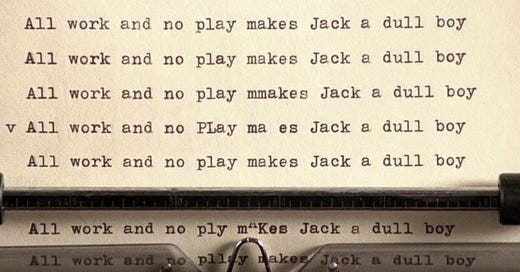





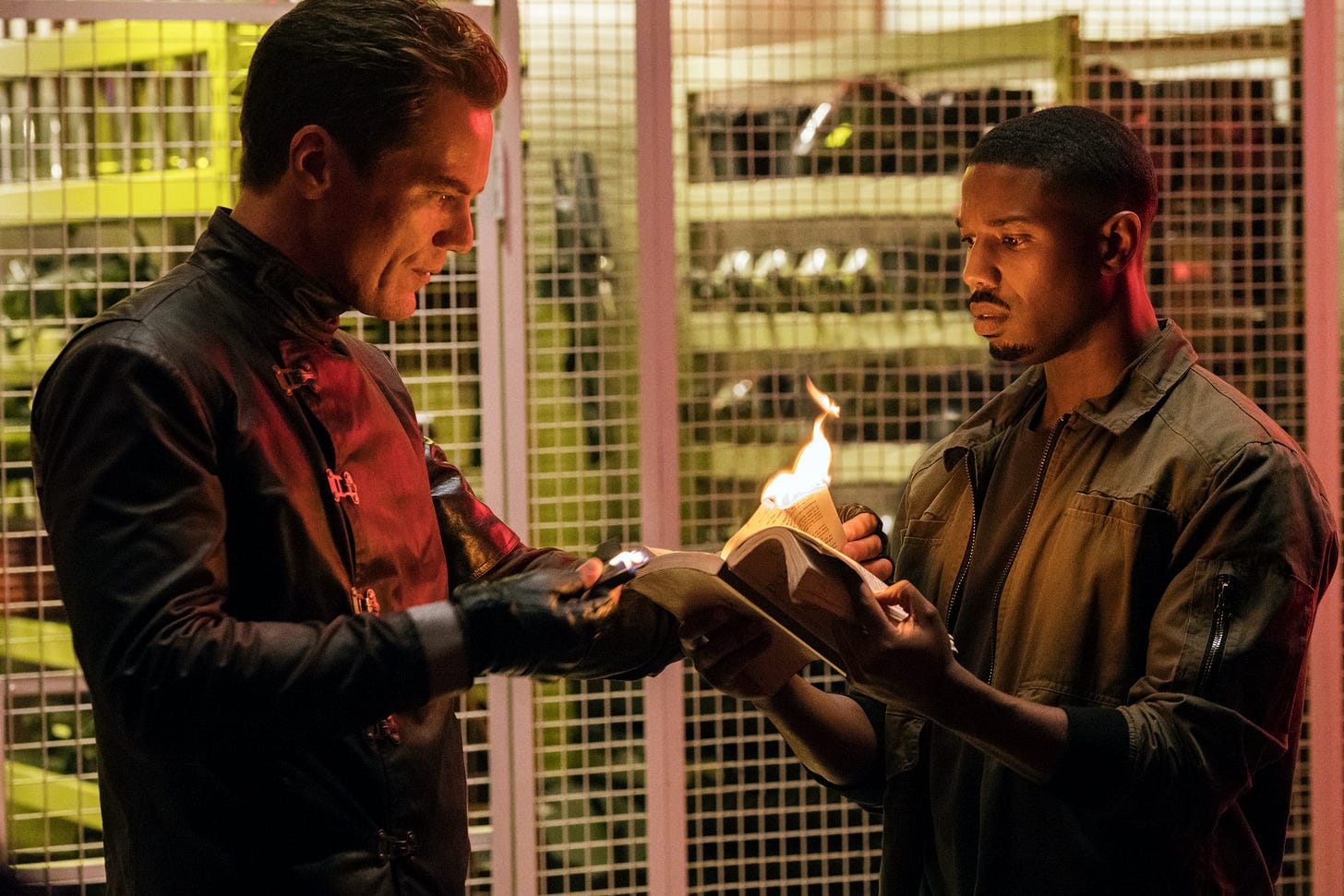
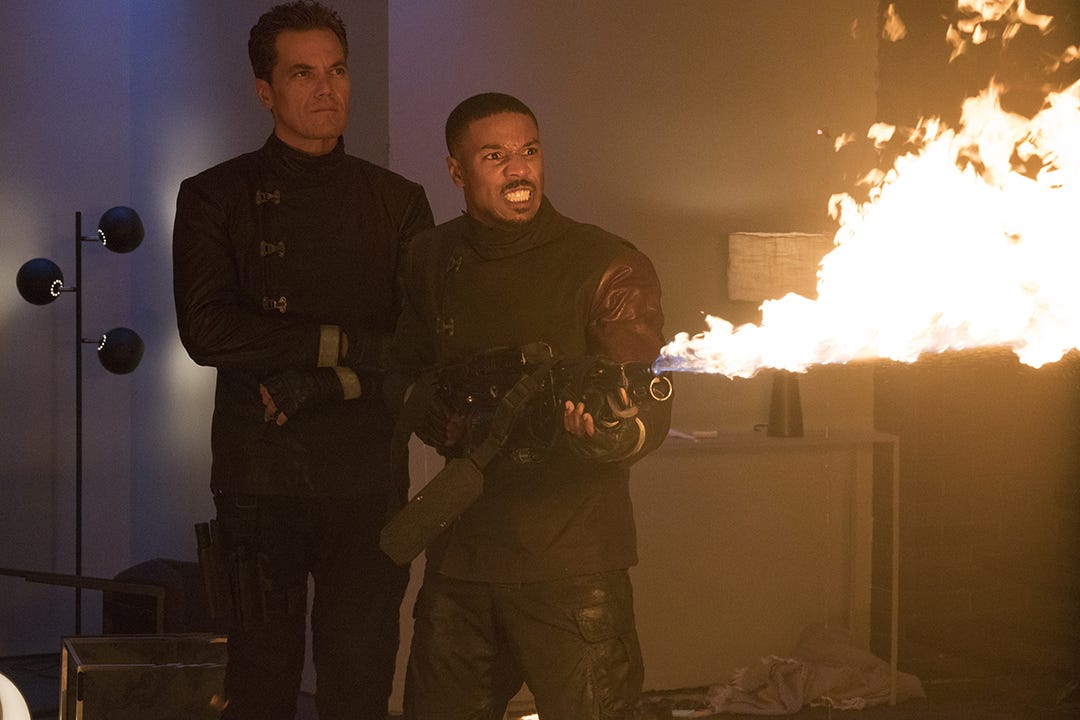





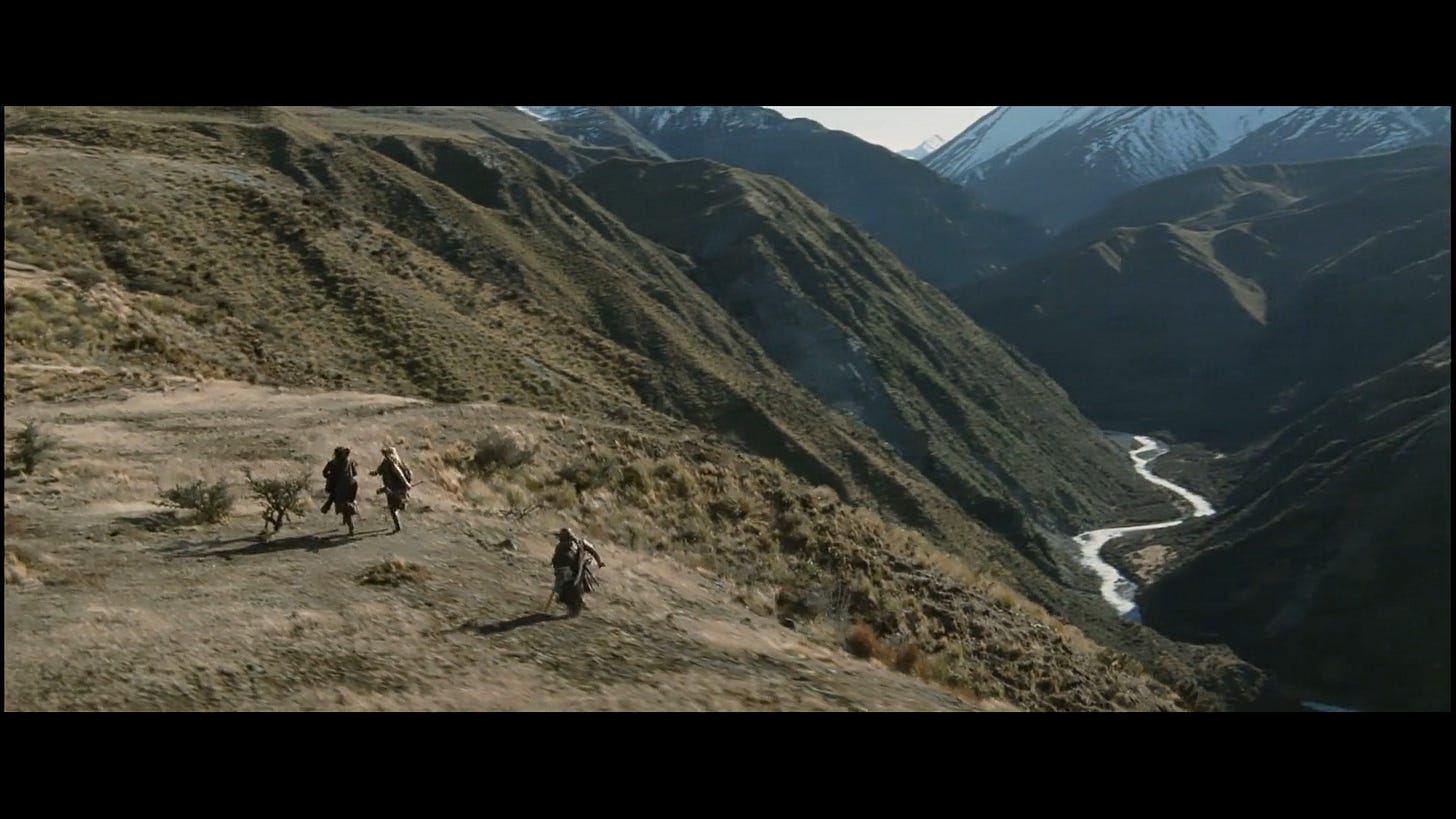



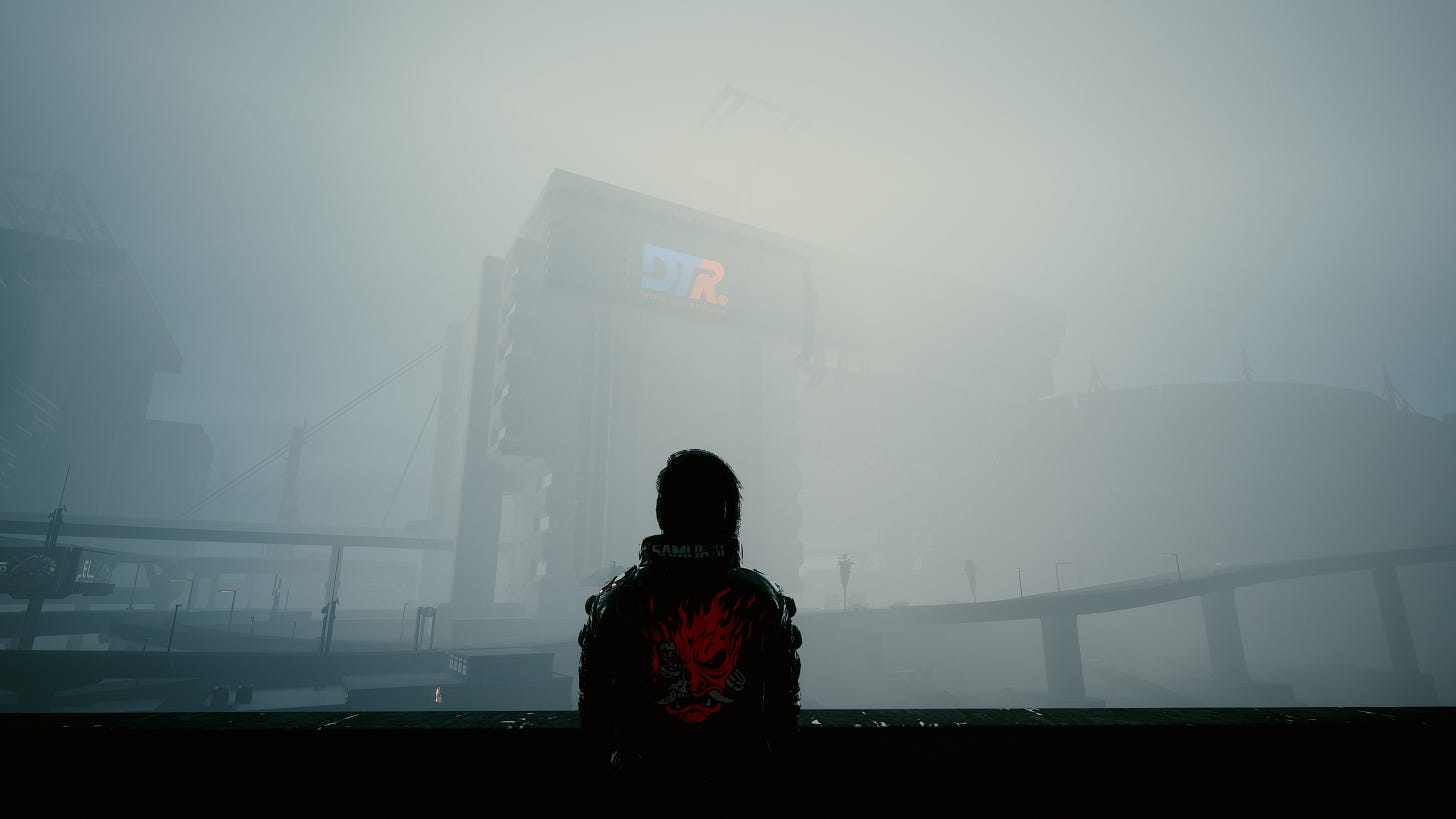



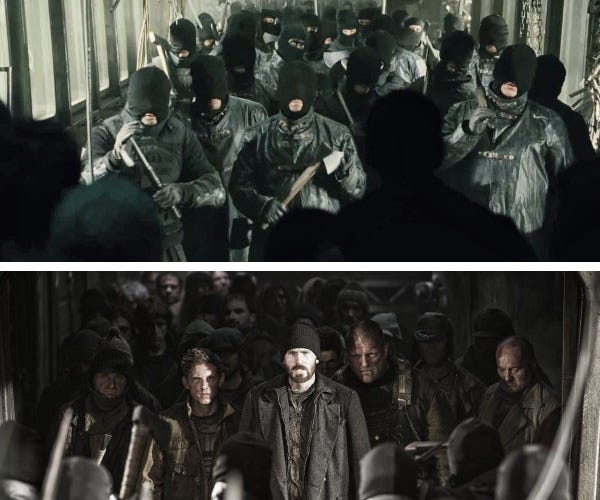


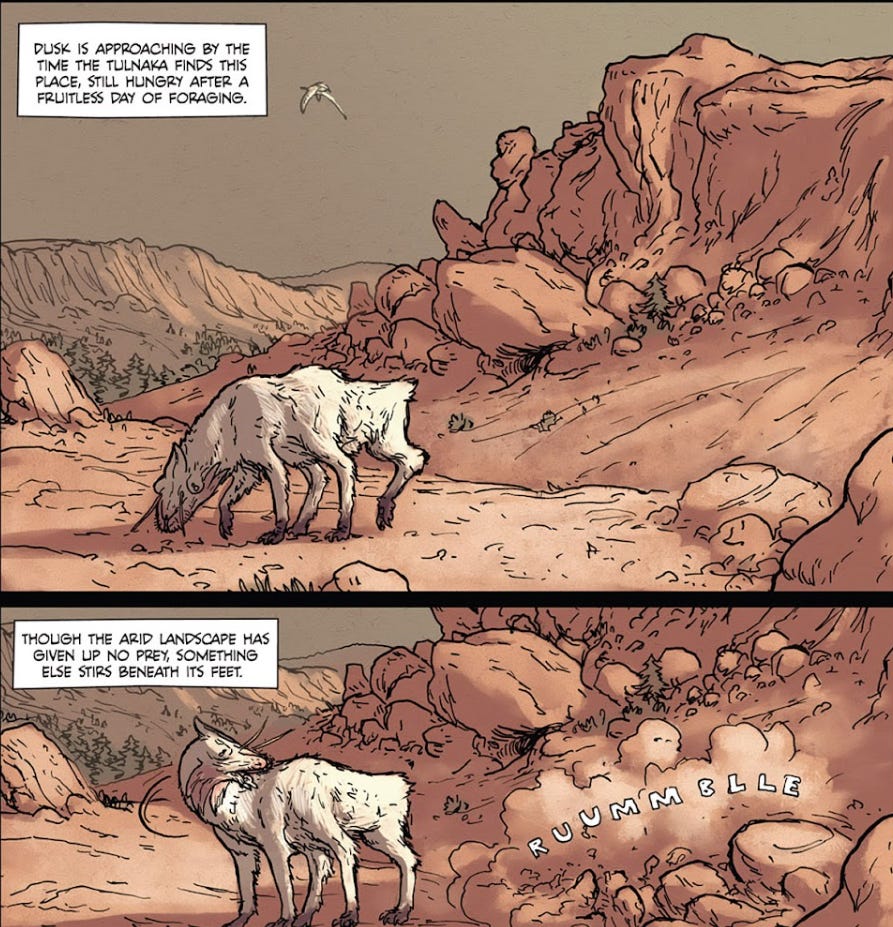



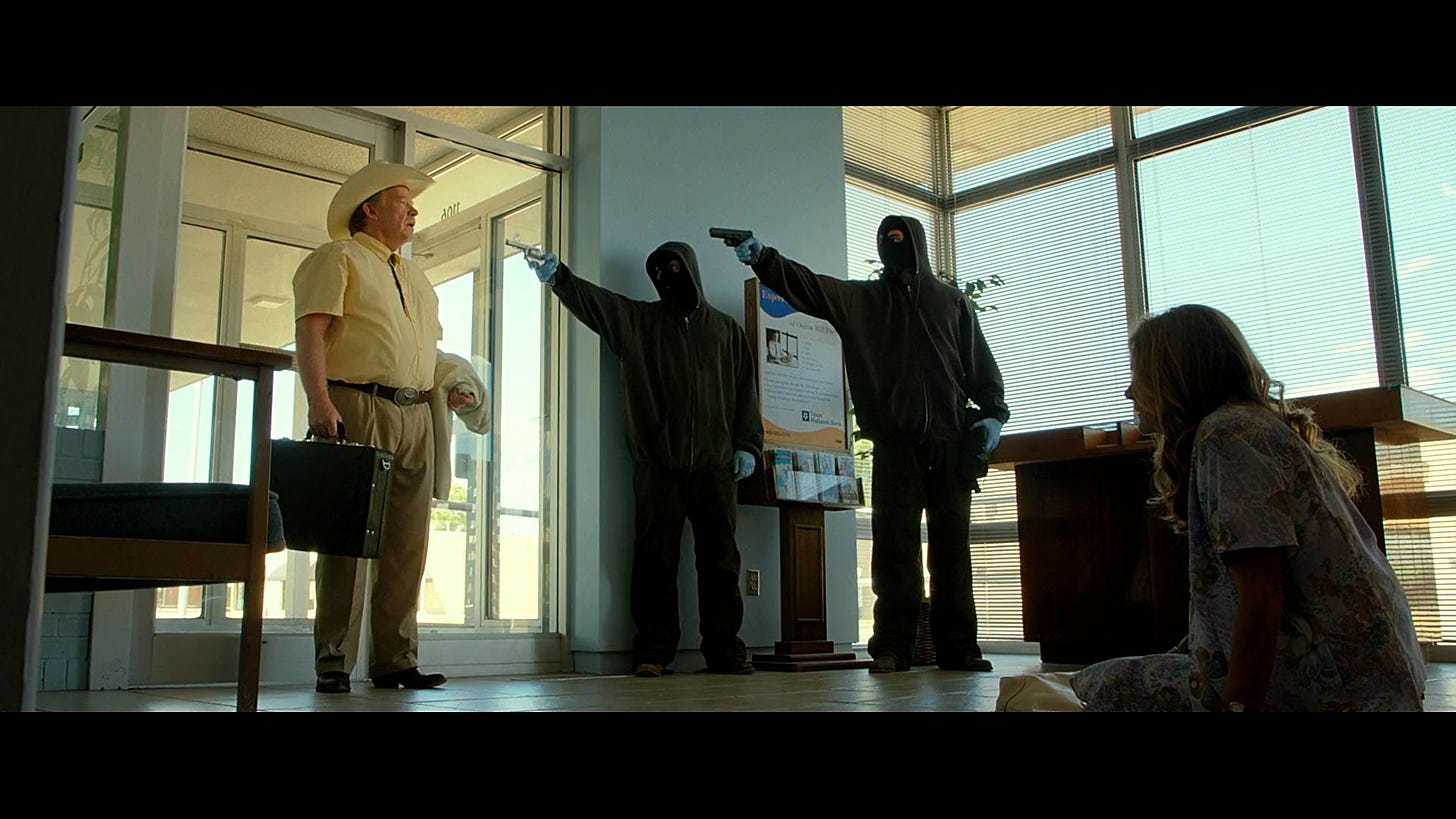



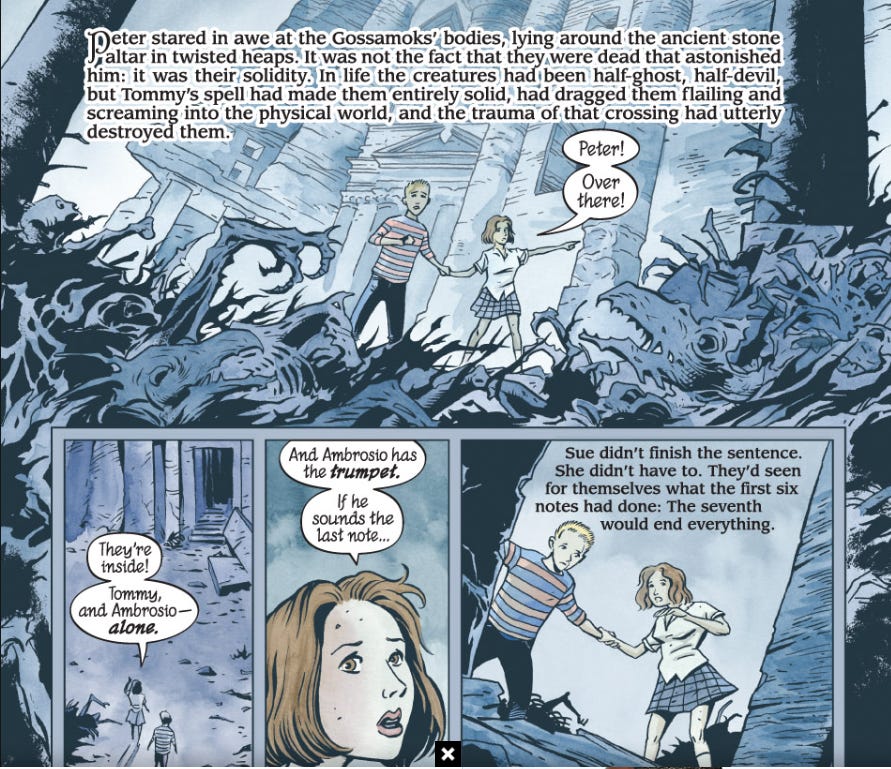
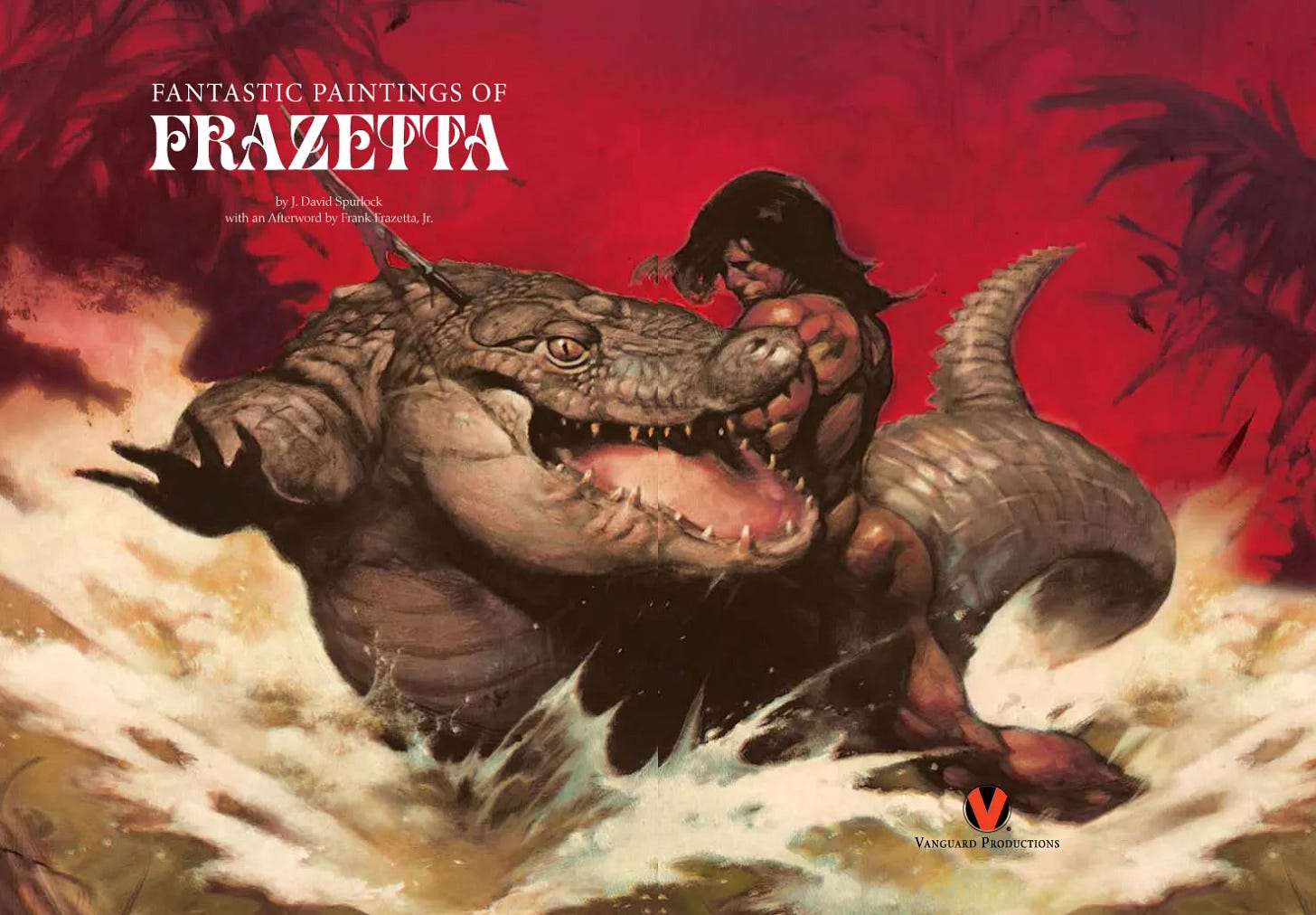

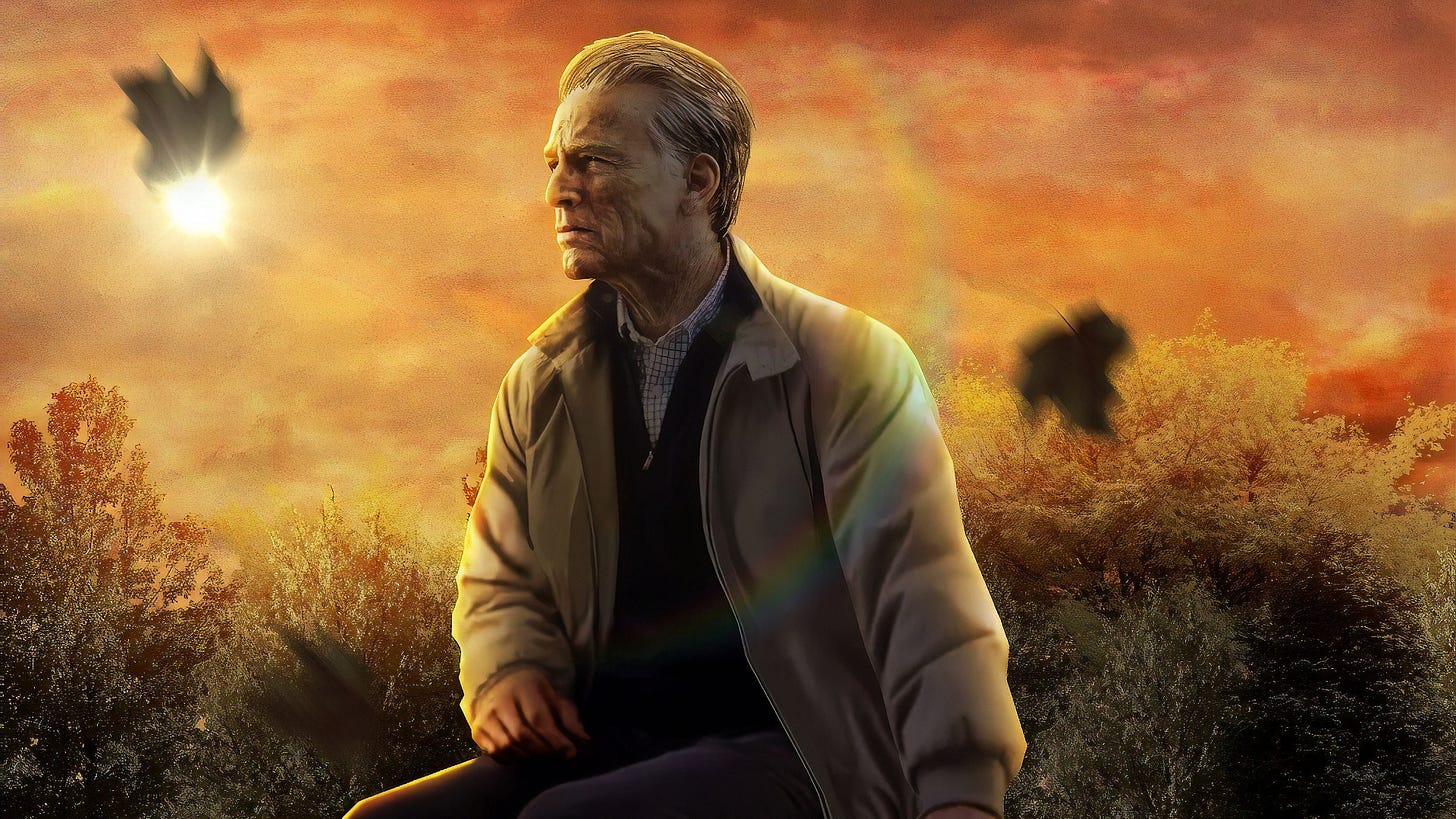
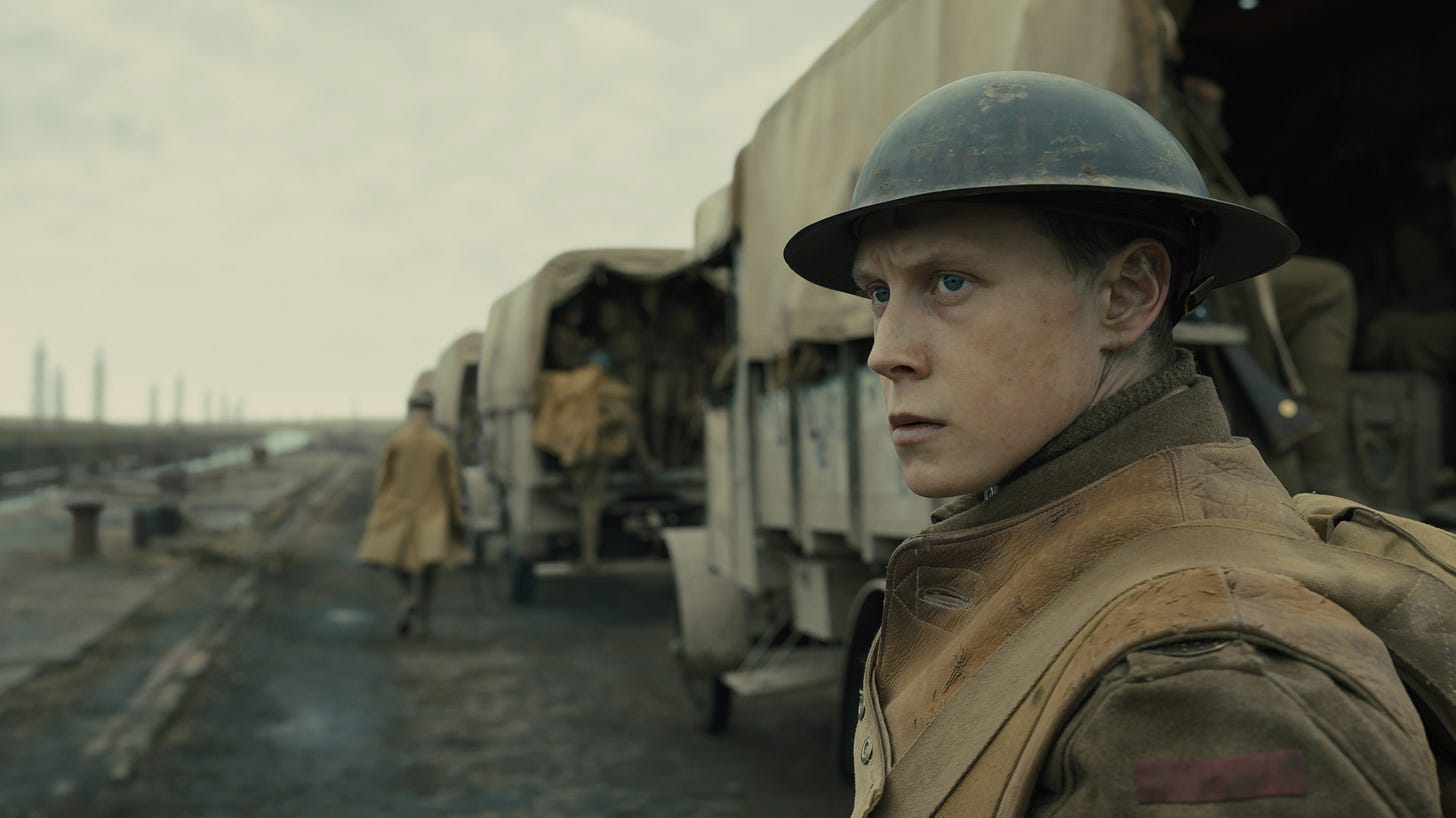
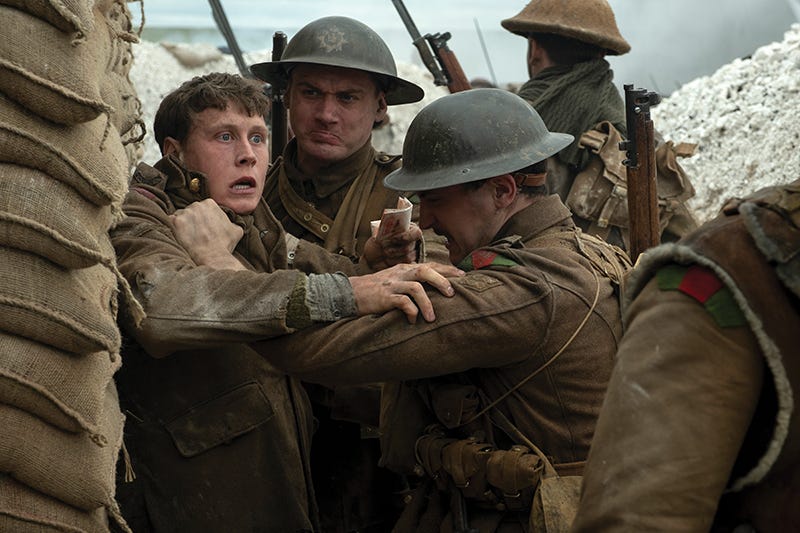



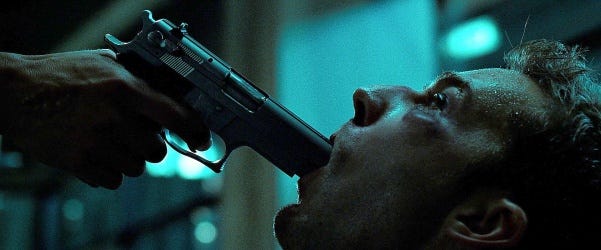
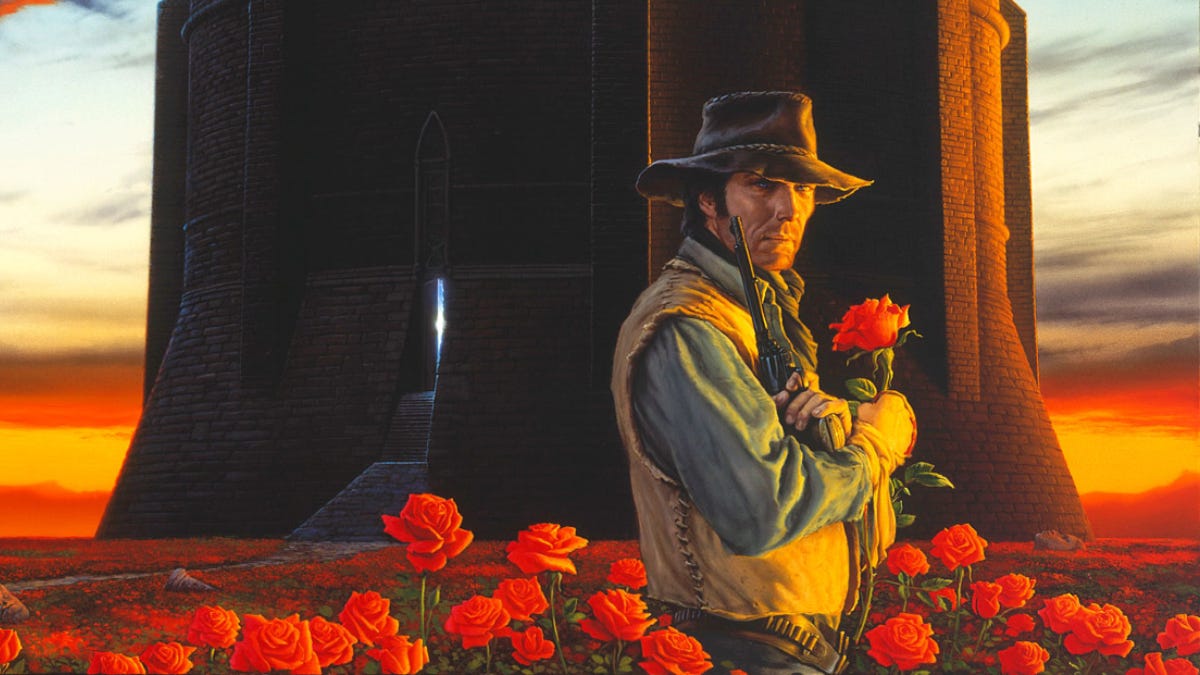
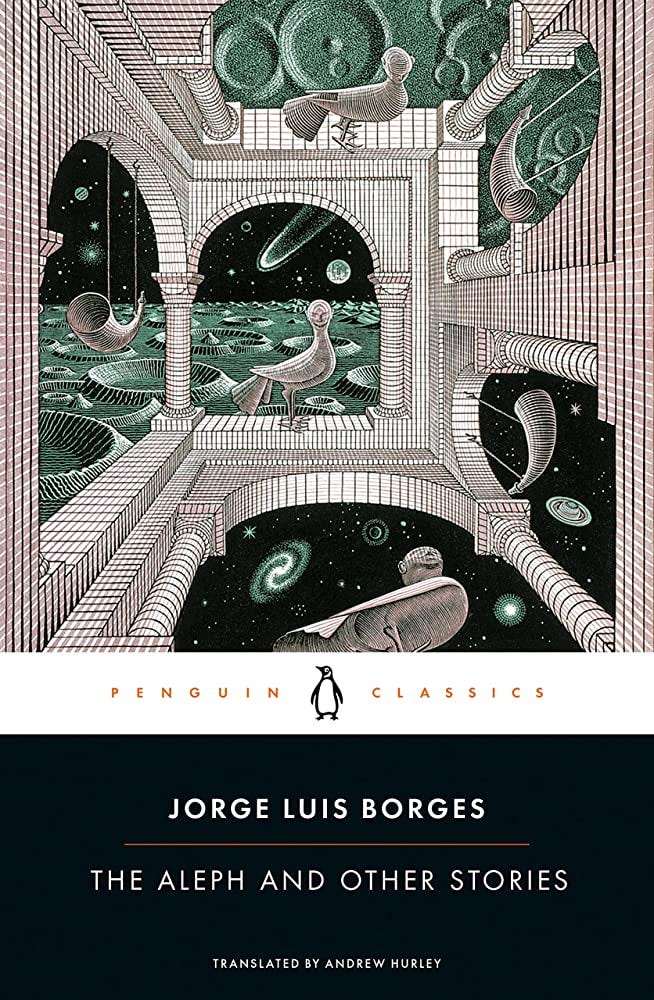

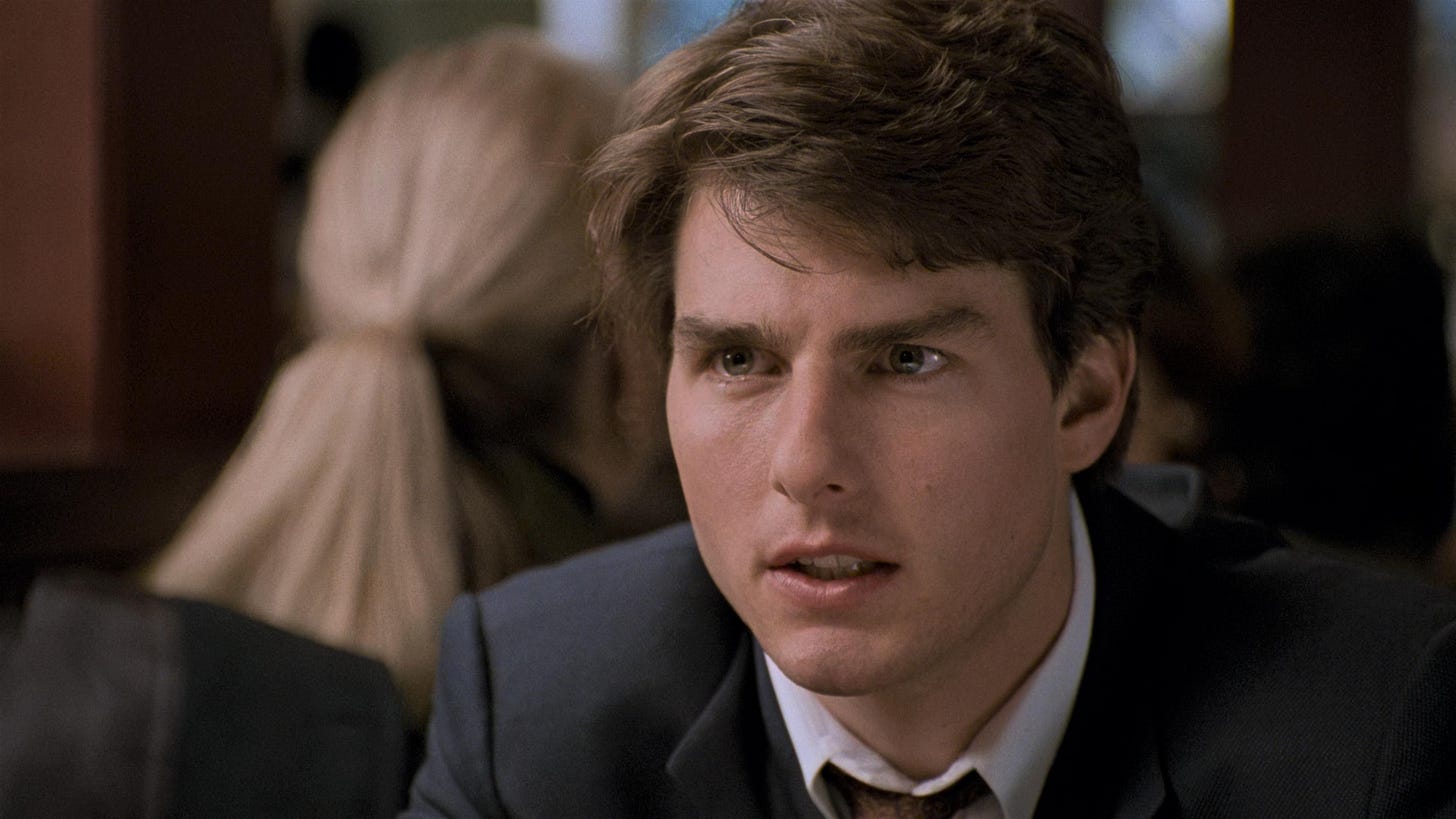











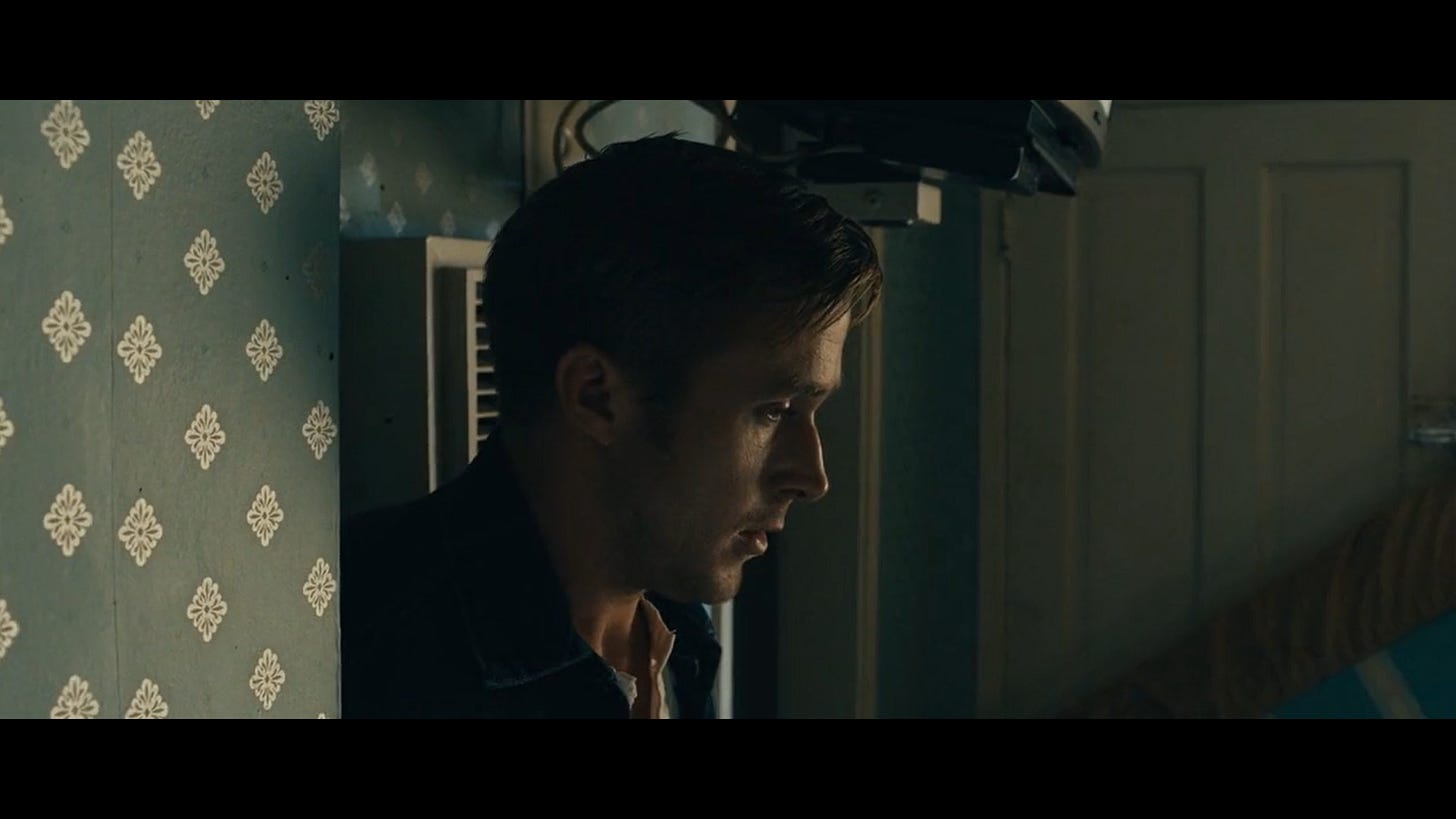
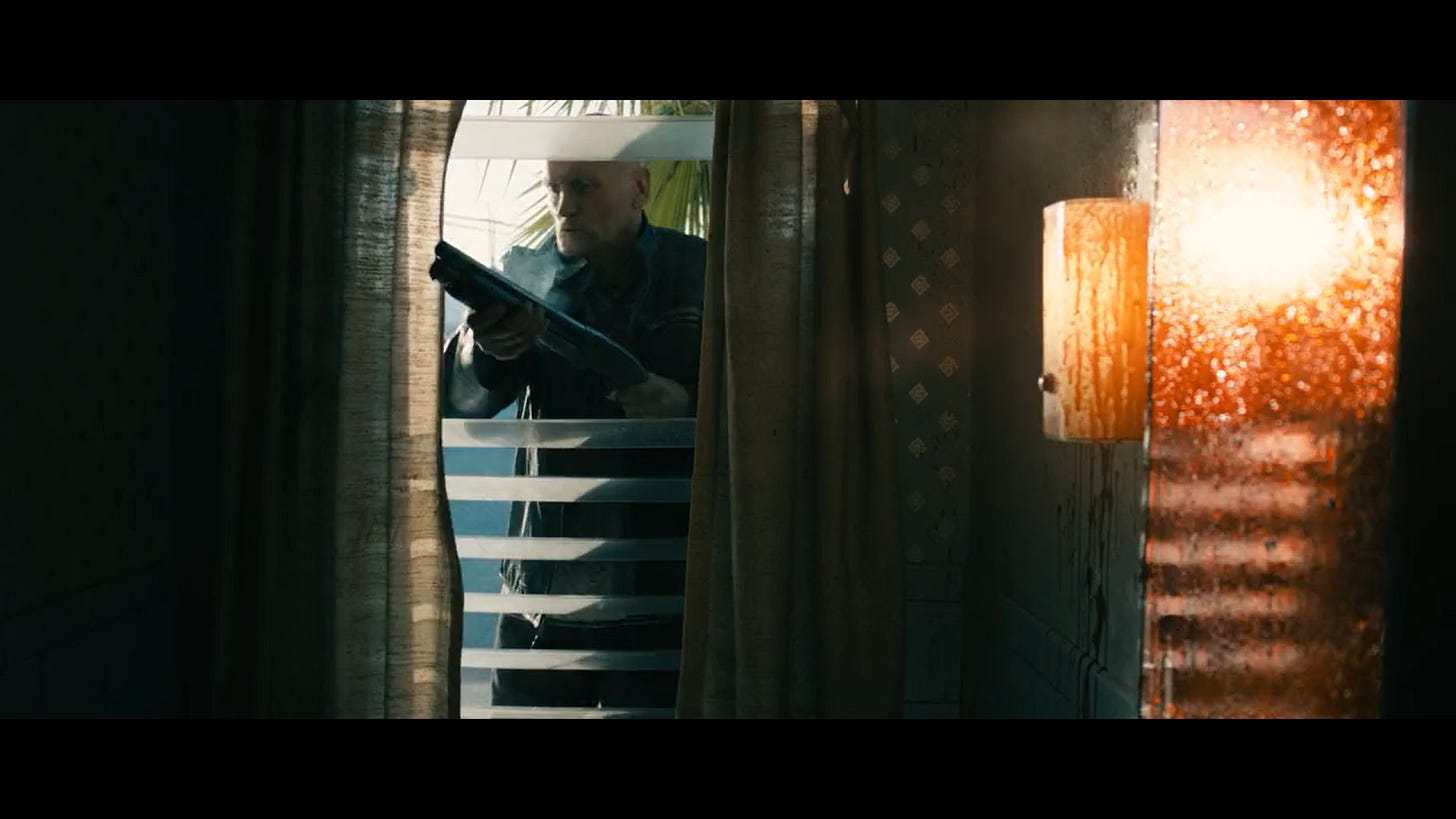

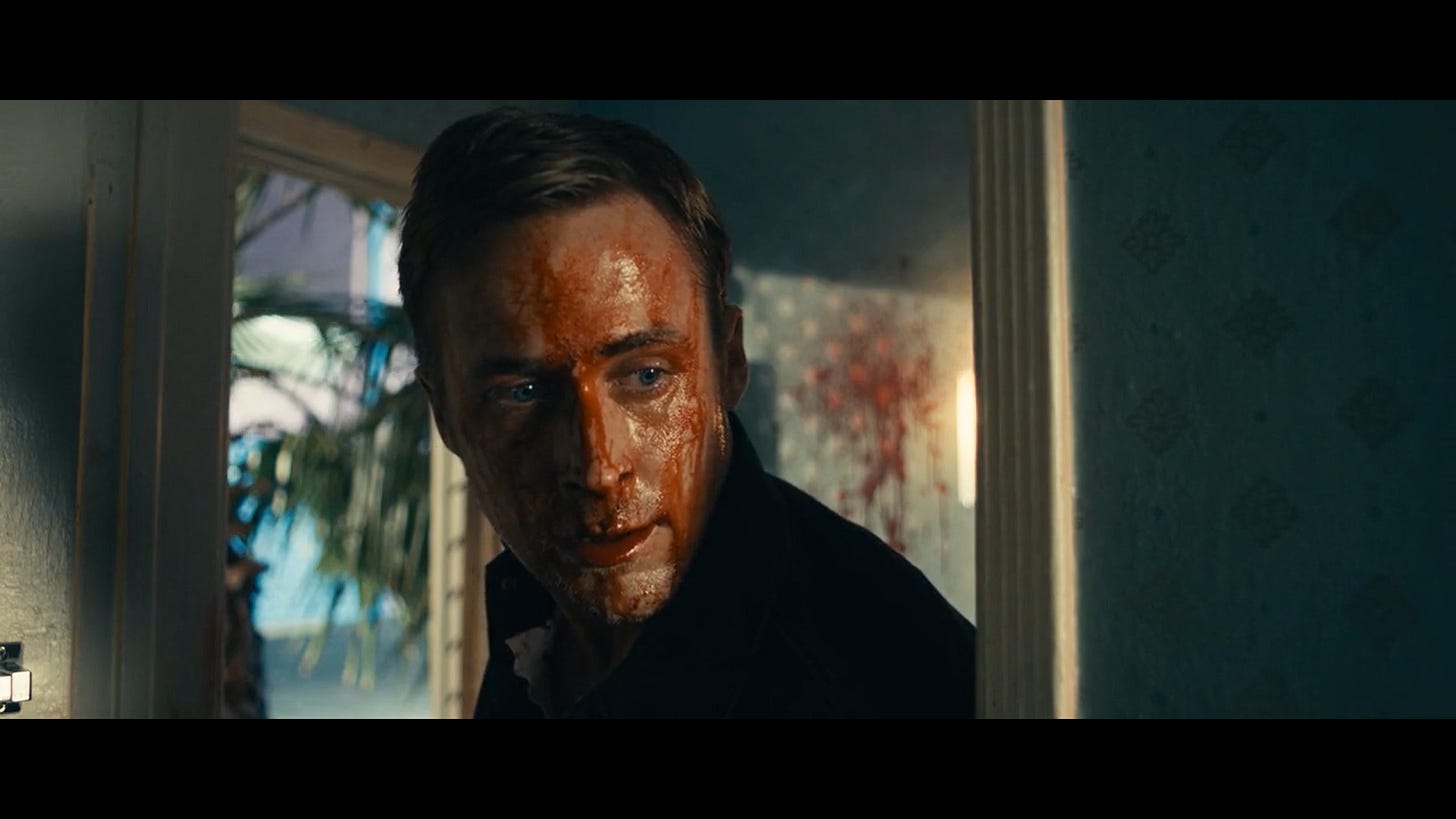
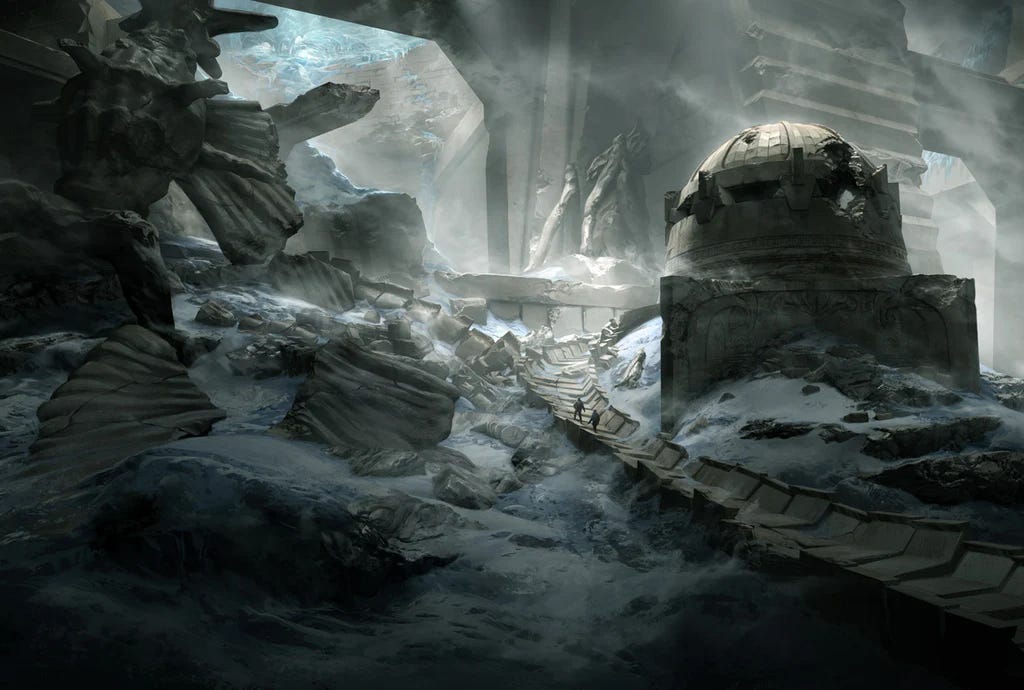



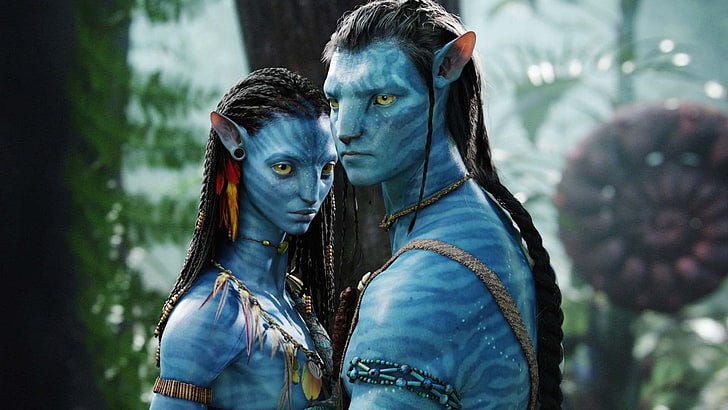


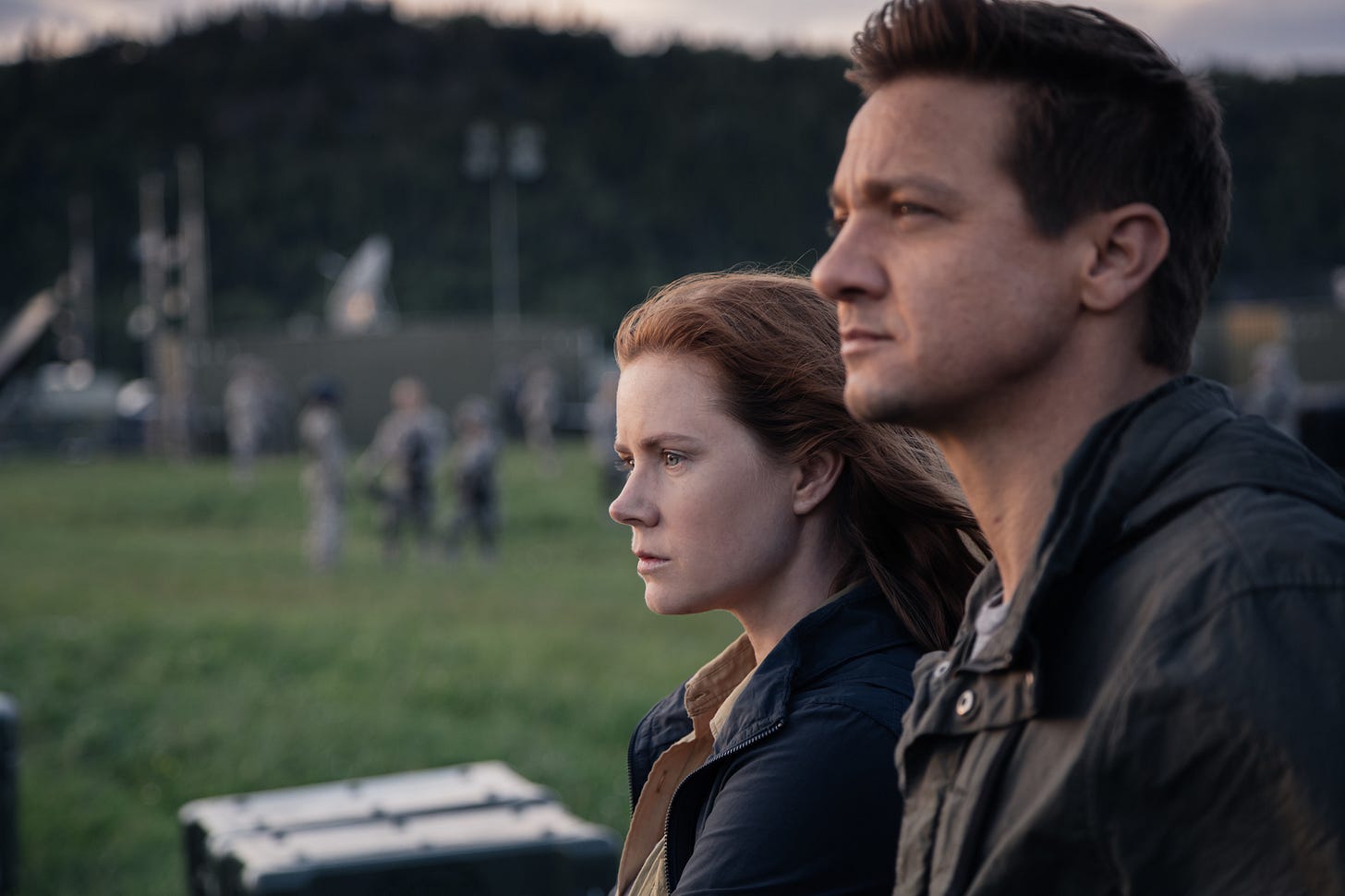
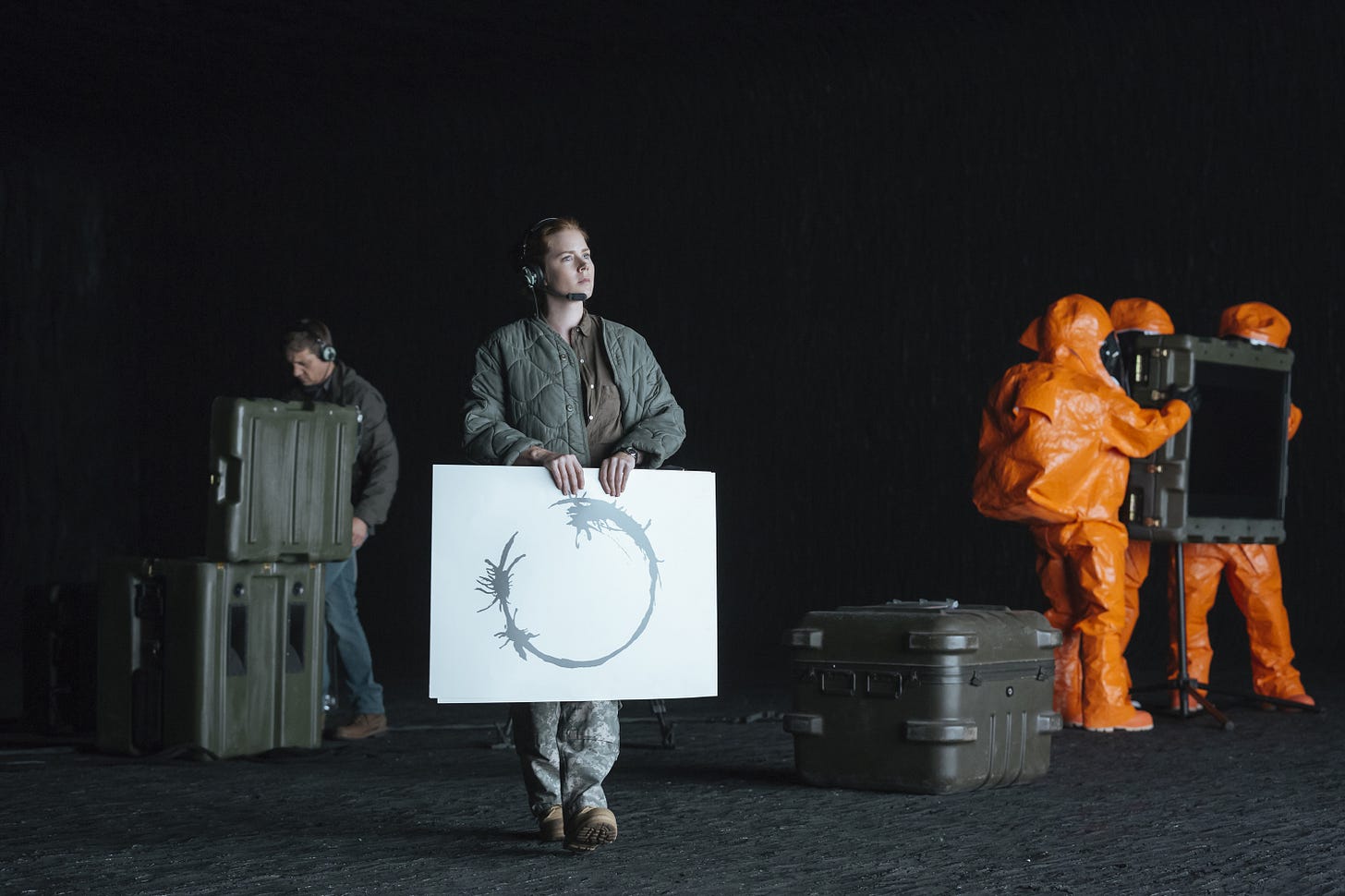
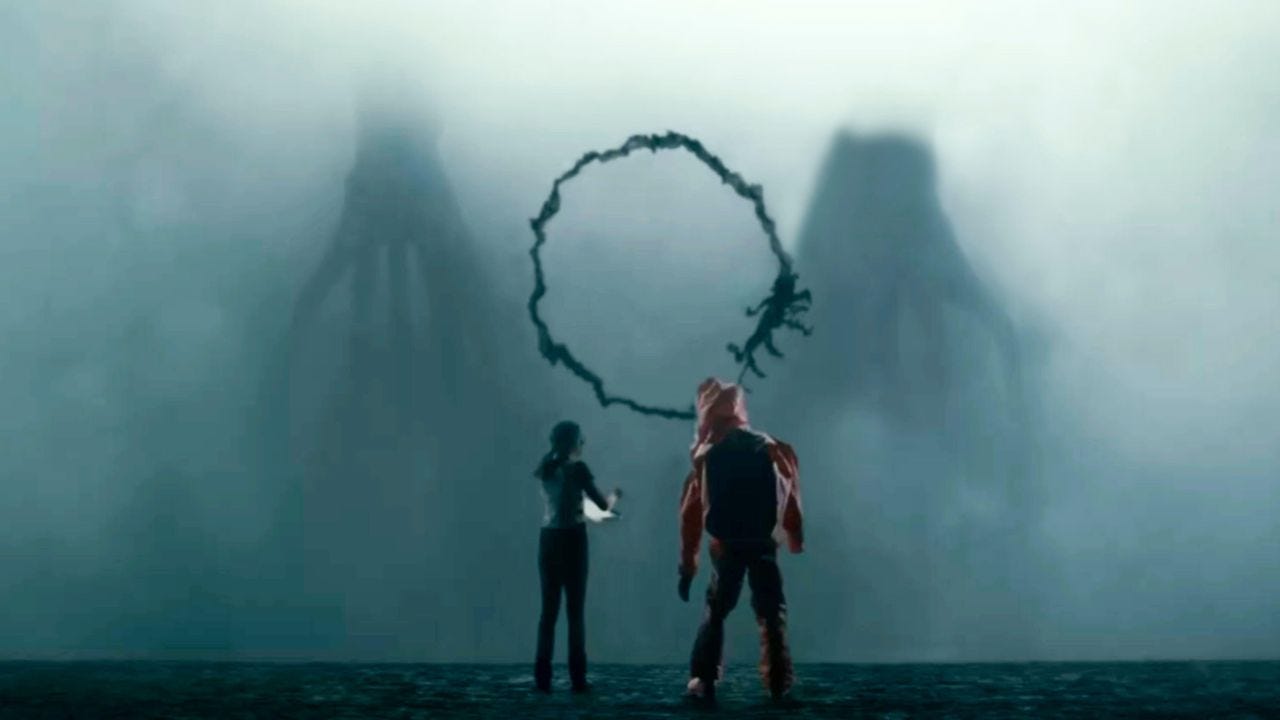



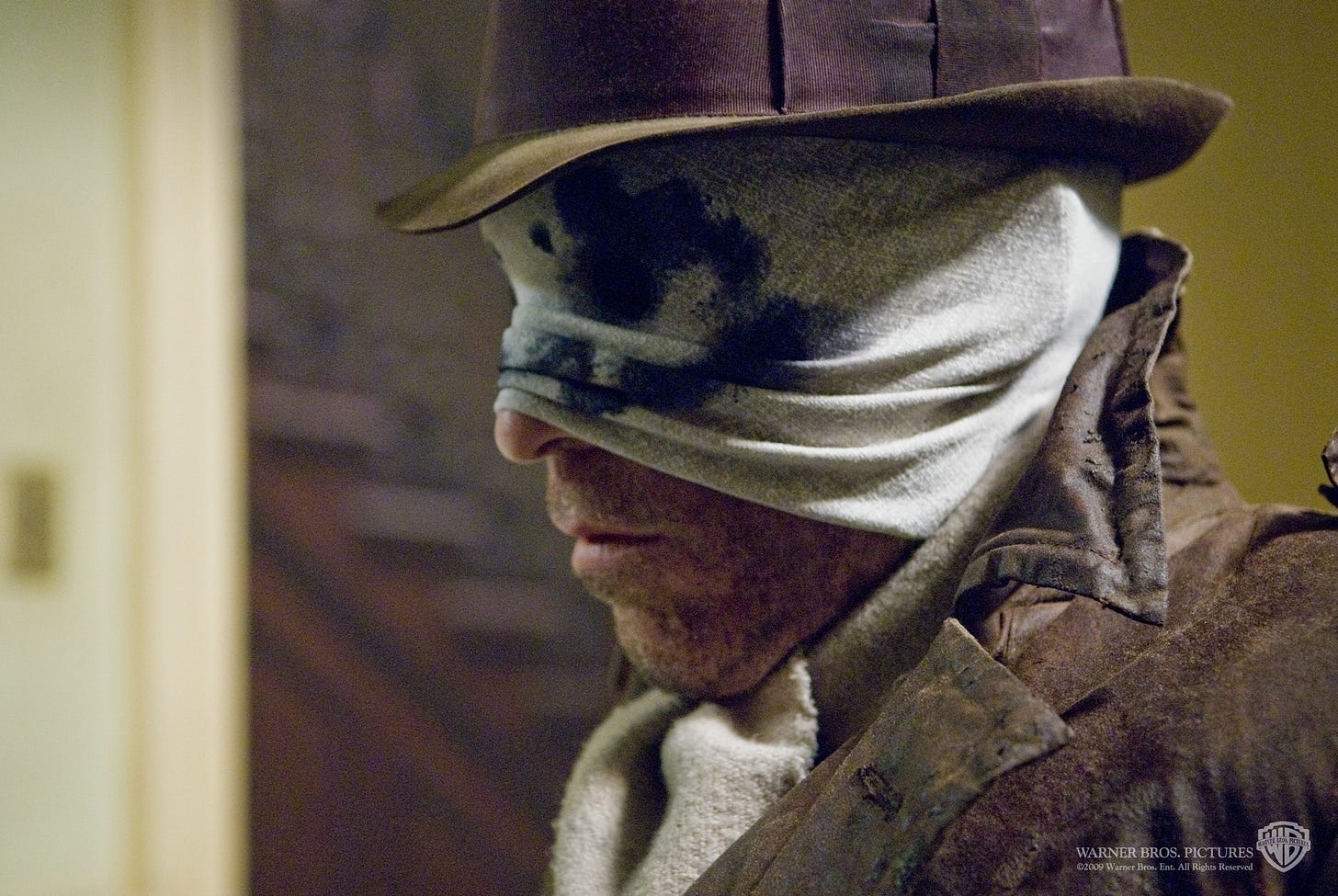
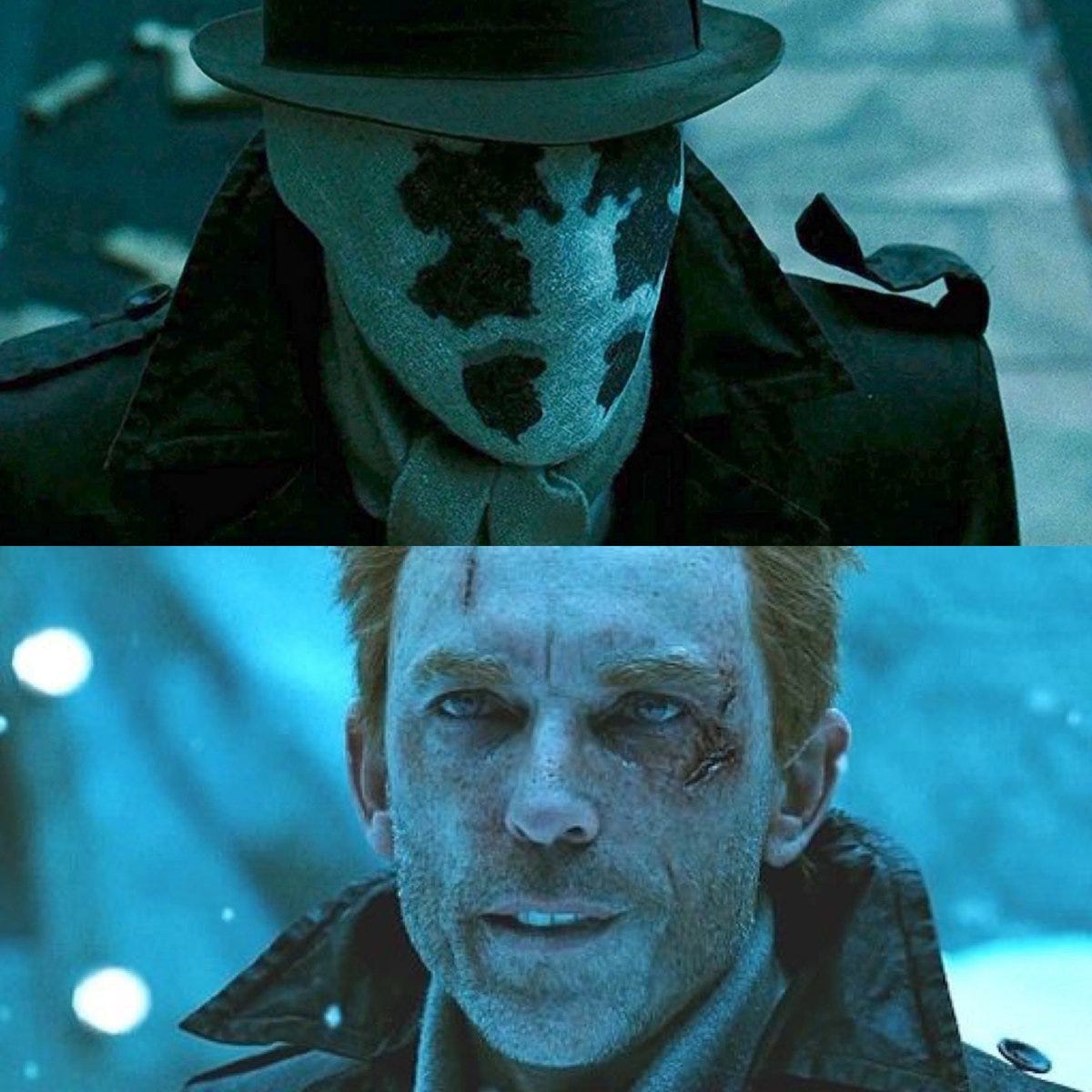





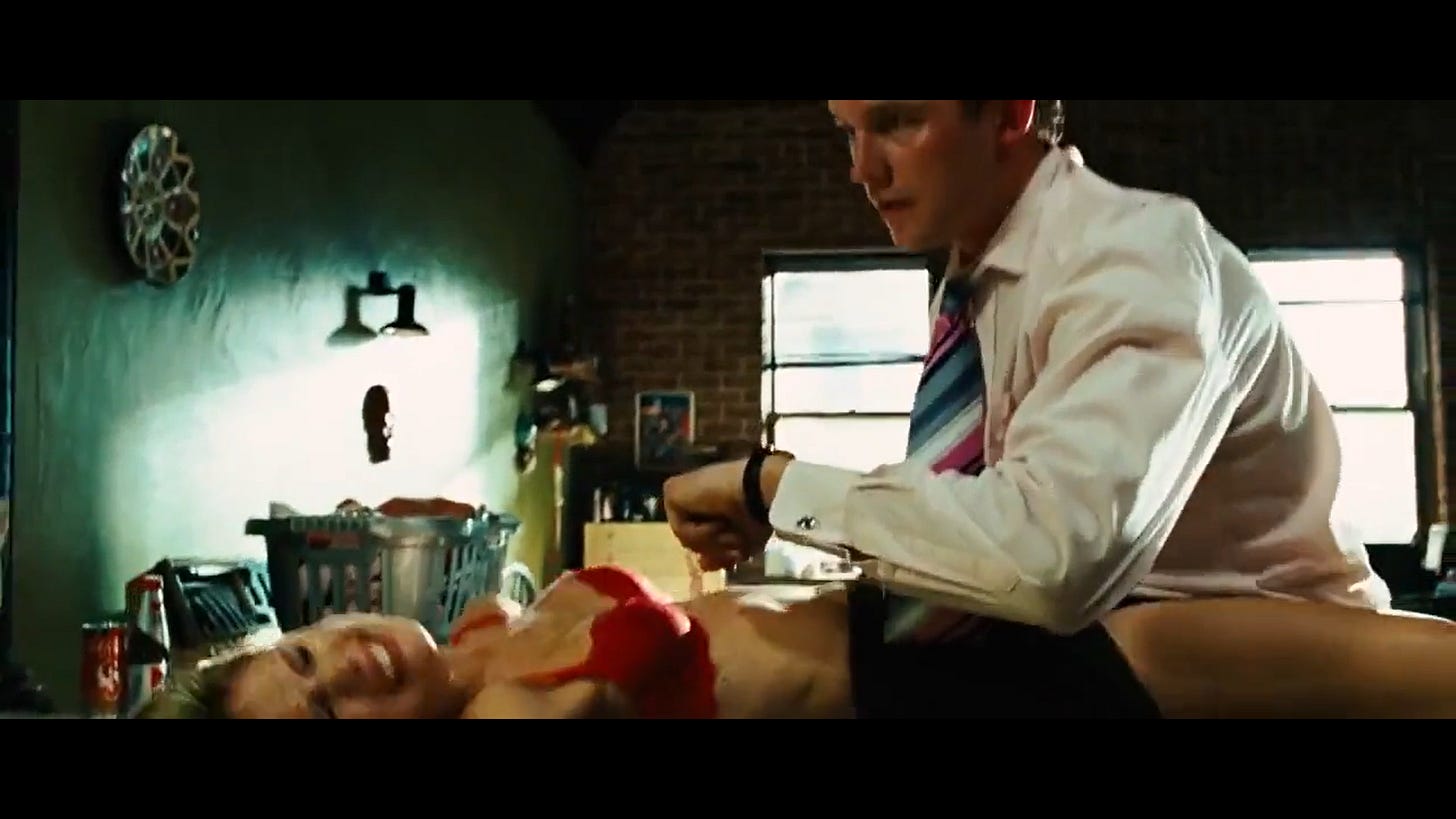

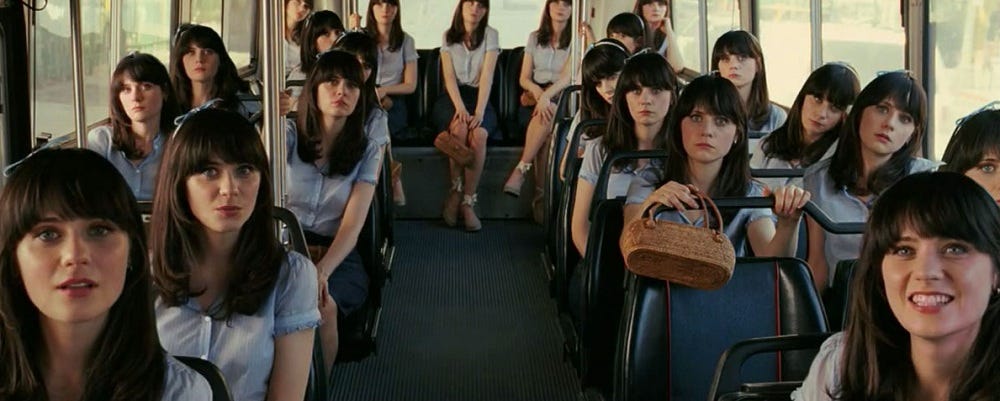


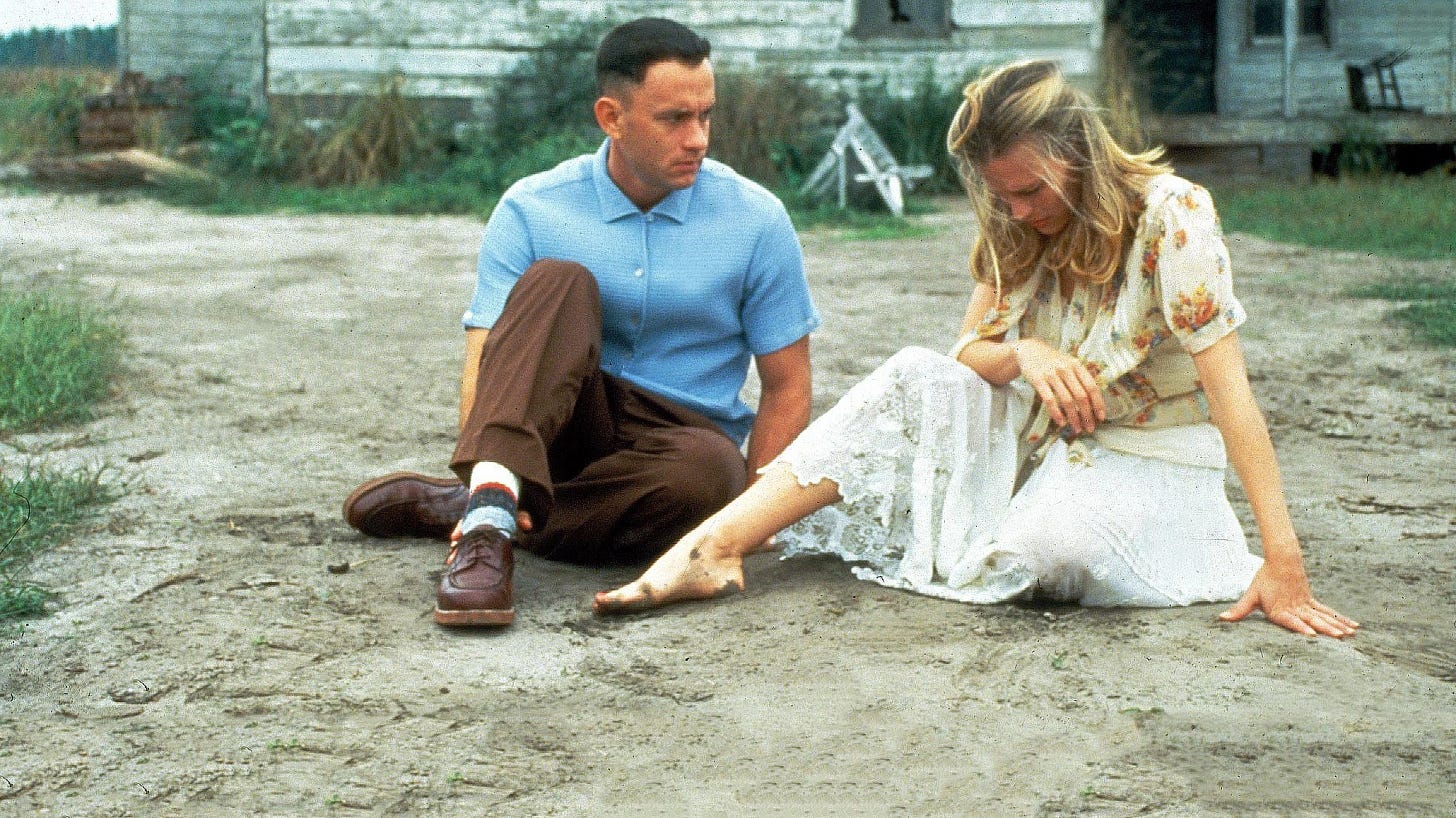
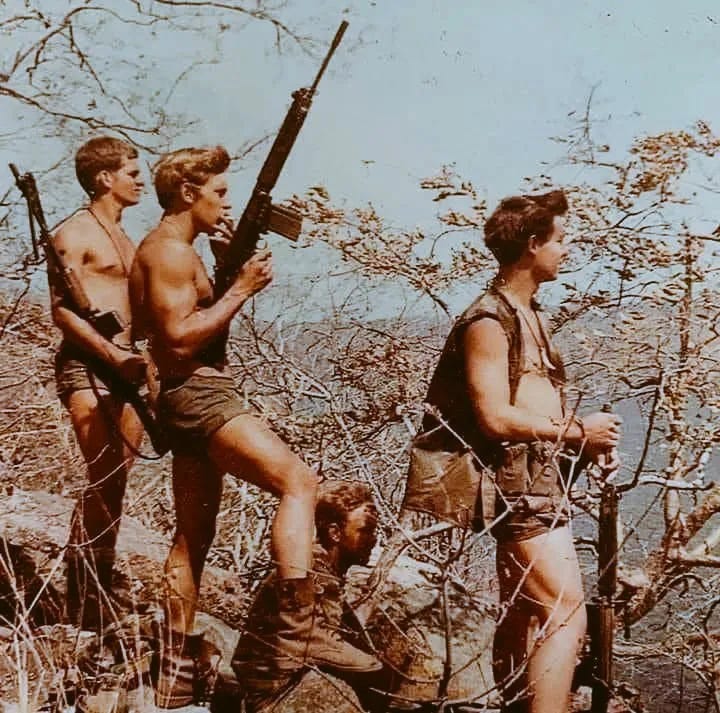



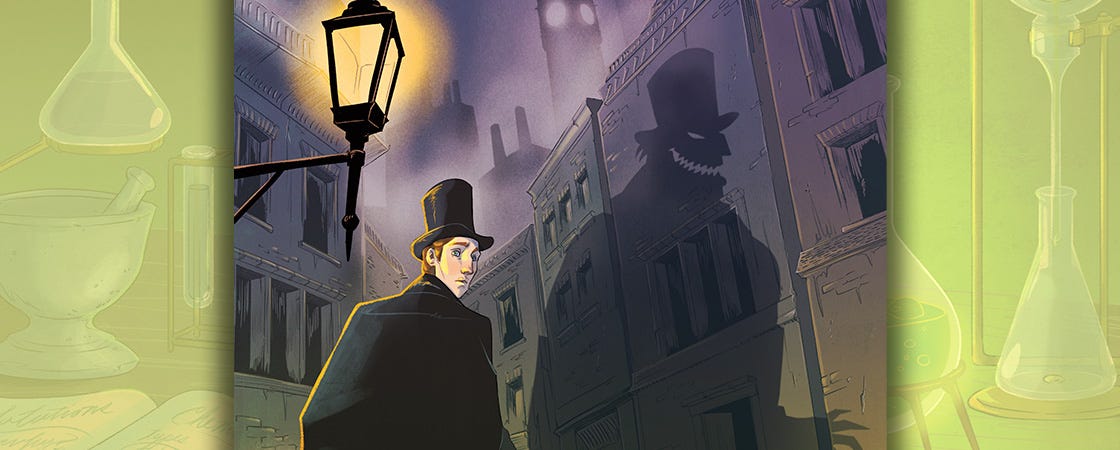



A fantastic post, full of practical and applicable information. Not just the why, but the how, which in my opinion is most important. I will be applying this to all future works. Thank you for creating this!
I've thought about this post for a bit
and I think I disagree. The first sentence is important, but there are things besides that that really decide if someone is going to read your post
1) The title
2) the packaging (images, font, spacing, length, etc.)
3) I don't think anybody ever really reads just one sentence, its usually 3 or 4. if I'm right, then it makes more sense to consider that than just 1 sentence.